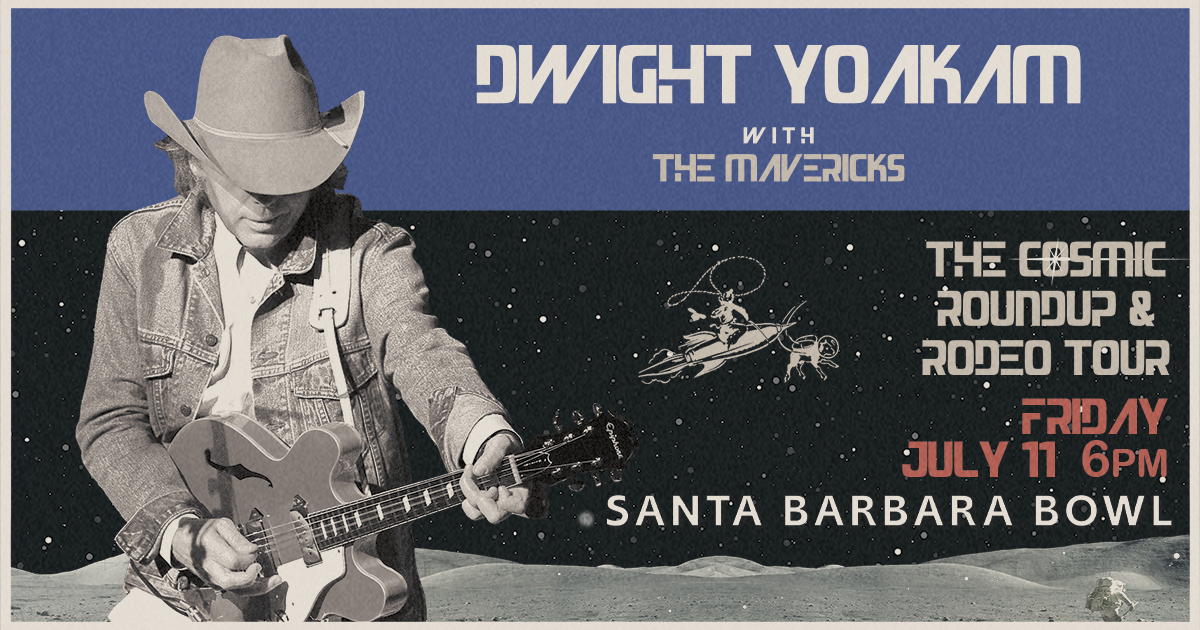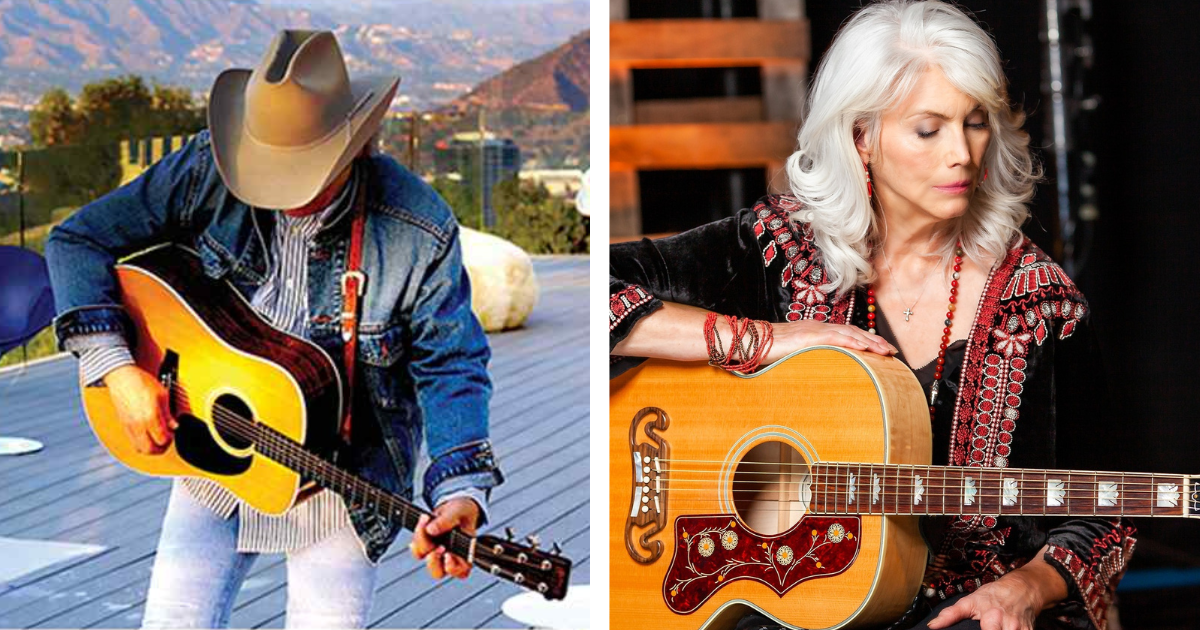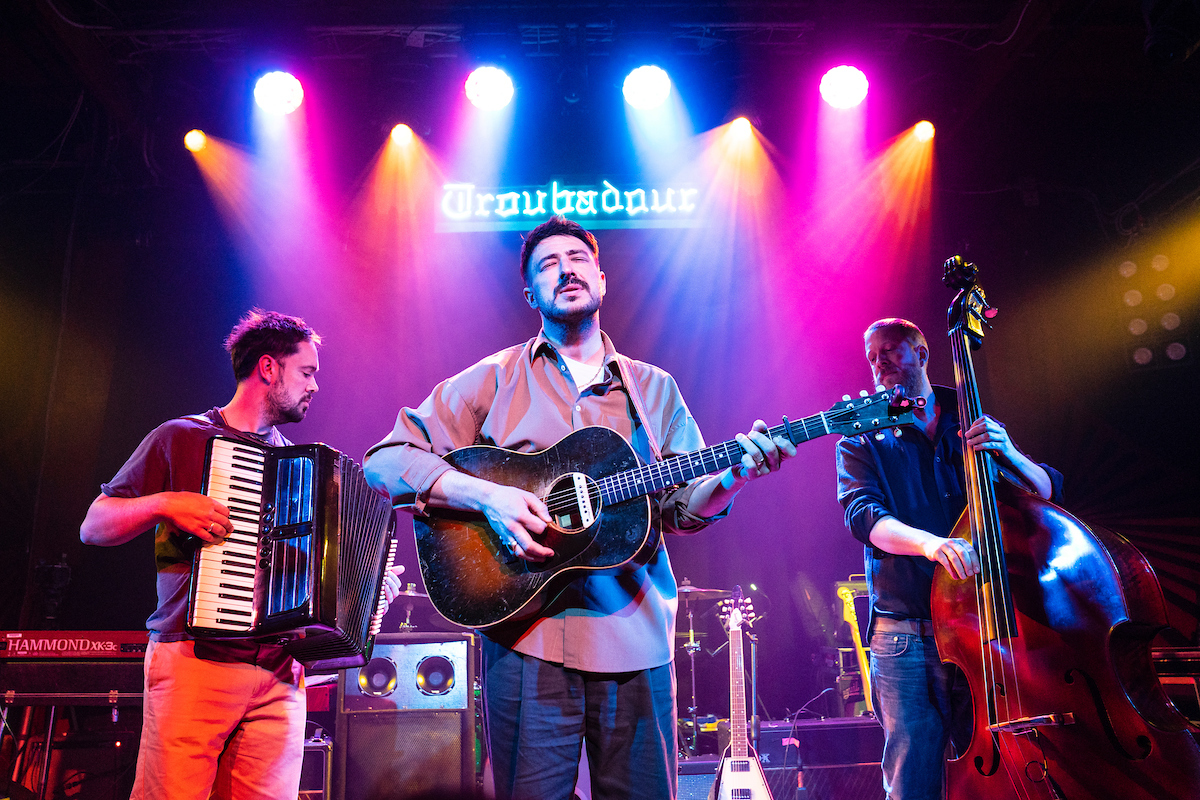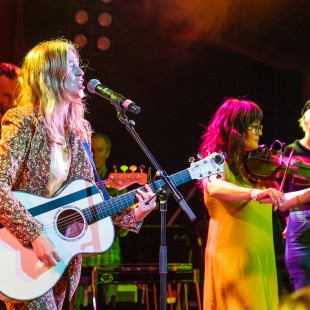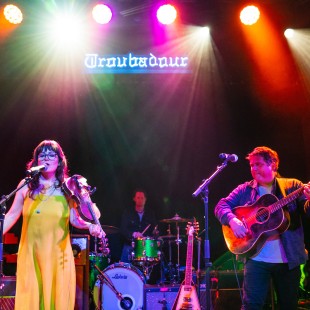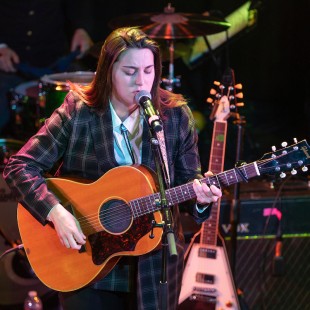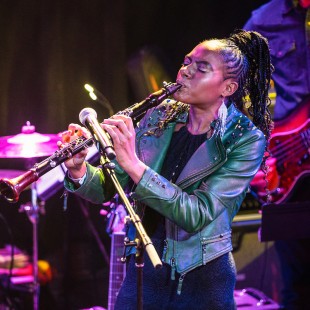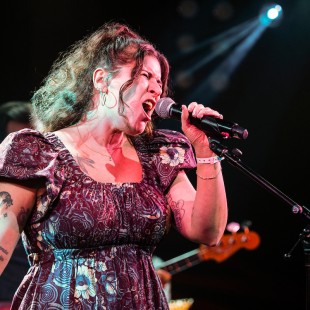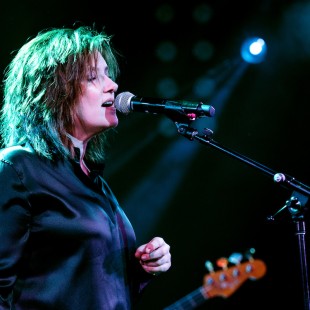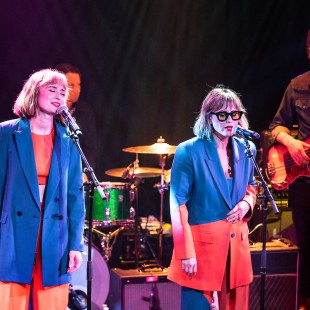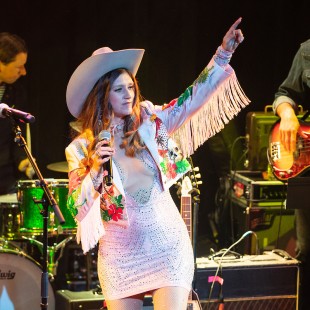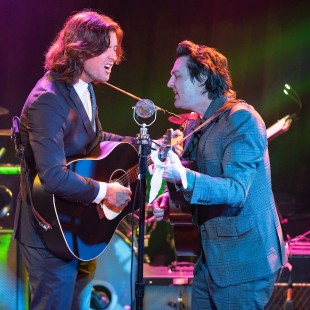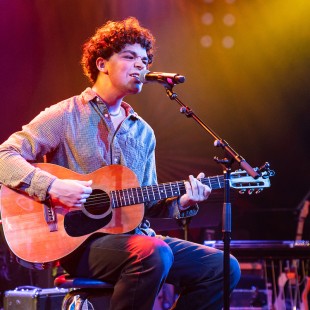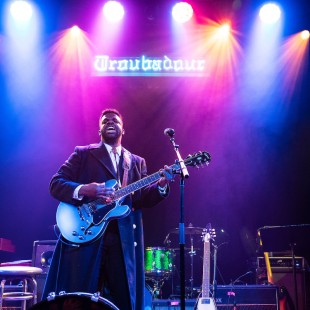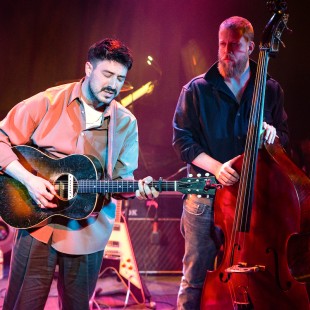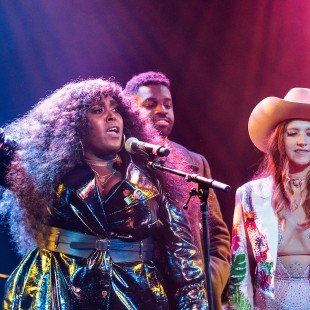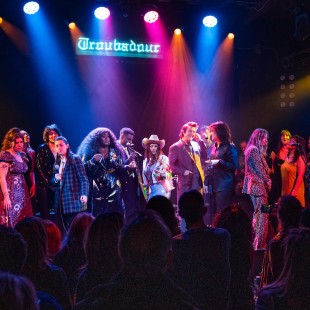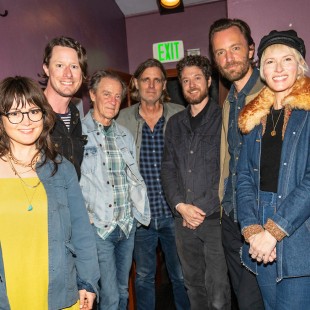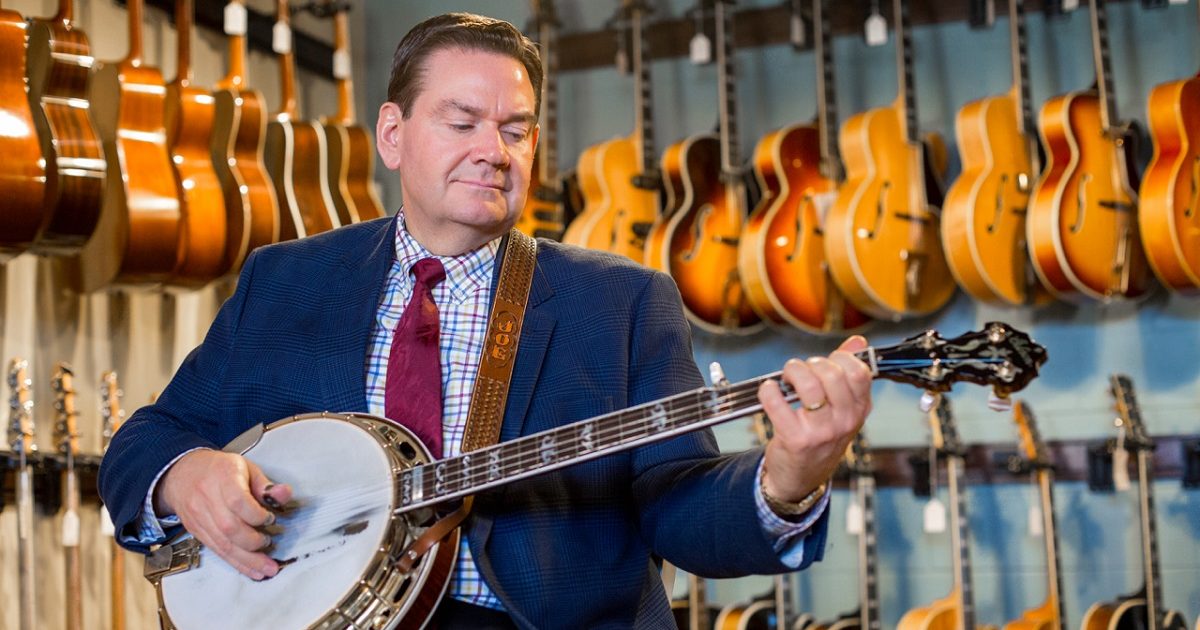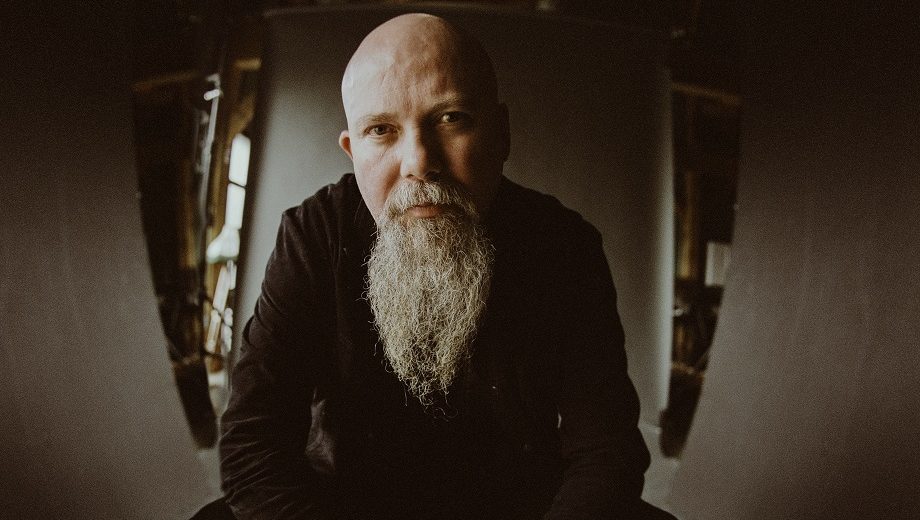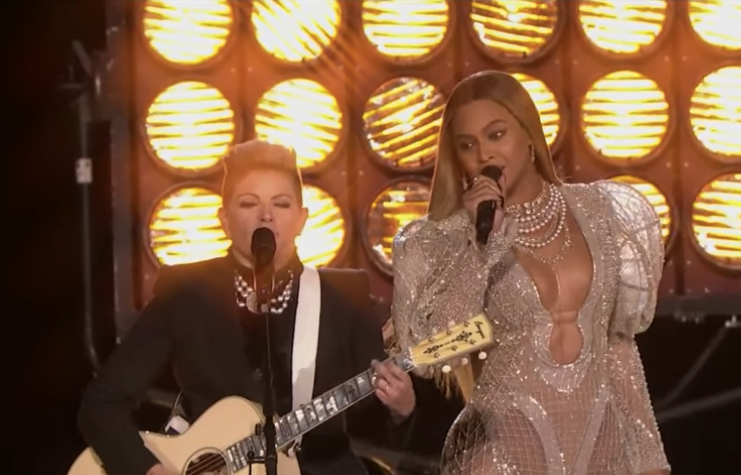Tag: dwight yoakam
MIXTAPE: Will Holshouser on the Accordion in Country, Bluegrass, and Roots Music
The accordion is like a cousin you don’t see very often, but who is an integral, colorful member of the family. In country, folk, bluegrass and related roots music from the U.S., the accordion has always been there, more of a presence than you might think. It’s central to styles such as zydeco, Cajun, and conjunto music, but also many foundational bluegrass and country artists – such as Bill Monroe and the Carter Family – used accordion in their music at times. The accordion was in the environment, part of the sound world of mid-20th-century popular music, adding a special touch to bands of all kinds. Although it did not continue to flourish as a central bluegrass or country instrument, there’s no musical reason for that absence: it fits right into the sound. Whether playing rhythm or lead, it can be versatile, punchy, and expressive.
If country music is our unifying theme here, the accordion makes a great lens for viewing the vast diversity of the genre and its extensive family tree: Tejano-conjunto accordion playing, with its polka and Spanish origins and its two-beat and waltz rhythms, is a natural fit with country; zydeco and Cajun music overlap with it seamlessly; Western Swing bands, which merged jazz and country, often included accordionists from the Midwest with Central or Eastern European backgrounds. Of course, the impact of African American blues, swing, and jazz is so strong in all these styles that it’s more than just an “influence” – really a foundation. Jewish klezmer music is also a branch of the “roots music” tree; it came from Europe and developed in the U.S., absorbing many of the same influences as the other genres while making great use of the accordion. – Will Holshouser
“Together Again” – Steve Jordan
The incredible Esteban “Steve” Jordan grew up playing conjunto music in Texas and expanded his repertoire to include country, Latin music, rock, zydeco and more. He was known as “El Parche” for the patch he wore over his blind eye and also as the “Jimi Hendrix of the accordion,” since he played through an effects pedal (flanger or phaser). On his version of this Buck Owens tune, he plays many roles brilliantly: lead vocals, accordion solo, fills and accompaniment.
“J’ai Eté-Z-Au Bal” – Steve Riley & the Mamou Playboys
Steve Riley is one of the finest Cajun accordionists working today; this blistering version of a classic Cajun tune (“I Went to the Dance”) shows his virtuosity, the Cajun (diatonic) accordion in a lead role, and his band’s deep groove.
“Tennessee Waltz” – Pee Wee King & His Golden West Cowboys
Pee Wee King was born Julius Frank Anthony Kuczynski to a Polish-American family in Wisconsin. He learned accordion from his father, who played in a polka band, and went on to become a famous Western Swing bandleader and write the music for this country classic. His beautiful, single-reed accordion fills and moving thirds sound totally country, while revealing a Slavic touch.
“Blues de Basile” – Amédé Ardoin
Amédé Ardoin made some of the very first accordion records in Louisiana and is a common musical ancestor of all zydeco and Cajun accordion playing. His innovative, rhythmic, virtuosic accordion style and haunting vocals won him a great reputation both inside and outside his Afro-Creole community. He often played dances and made records with his close musical partner, Cajun fiddler Dennis McGee, including “Blues de Basile” in 1930. His life ended tragically when he was beaten by white vigilantes.
“Hard to Love Someone” – Clifton Chenier
Known as the King of the Bayous, Chenier brought together southwestern Louisiana zydeco rhythms and Delta blues. On this slow blues tune recorded in 1970, his fluid improvising and support of his own singing is nothing short of glorious. His brother Cleveland Chenier plays the rubboard.
“Bluegrass Special” – Bill Monroe (with Sally Ann Forrester)
Most people know that Bill Monroe defined the classic bluegrass sound. Some may not know that an early version of his band, The Blue Grass Boys, included a Blue Grass Girl, Wilene “Sally Ann” Forrester, on accordion. Her solid rhythm playing and all-too-short accordion break add warmth to this early instrumental, a 12-bar blues. If things had worked out just a little differently, maybe every bluegrass band today would include an accordion! (Hey, it’s not too late, folks.)
“Root, Hog or Die” – Mother Maybelle & The Carter Sisters (with Helen Carter)
Later in her life, Mother Maybelle Carter of the iconic Carter Family had a long performing career with her daughters. The group featured Helen Carter playing great accordion and often Chet Atkins on guitar. Here, too, the influence of swing and blues is readily apparent. “Root, hog, or die” is an old expression that means “you’re on your own.”
“Alon Kouri Laba” – Corey Ledet Zydeco
Corey Ledet, one of today’s most exciting zydeco accordionists, plays beautifully and sings in Louisiana Creole on this high-energy tune from his album Médikamen (2023).
“American Without Tears” – Elvis Costello (with Jo-El Sonnier)
Accordionist Jo-El Sonnier brings his sensitive touch and gorgeous Cajun waltz style to this song from Elvis Costello’s album King of America. (Rock producers and engineers, please take note: this is where an accordion should be in the mix – loud enough that it can breathe dynamically and find its place among the other instruments.)
“Shouting Song” – Will Holshouser
Here’s a tune from my new album, The Lone Wild Bird. I wrote “Shouting Song” with the sound of shape note singing in mind. This is a choral tradition in the rural U.S., mostly in the South, with a unique sound: shape note composers ignored (or just didn’t know about) many European harmonic rules which disallowed features like parallel fifths and chords with only two notes. Along with influences from various folk traditions and camp meeting spirituals, that stark approach to harmony gives the style its sound, which I use here as a point of departure.
“Un Mojado Sin Licensia” – Flaco Jimenez
The creative genius of the great Flaco Jimenez is on full display in this conjunto song about the hardships faced by a Mexican immigrant in Texas. His rhythmic drive, melodic inventiveness, and roller-coaster chromatic runs are thrilling to the ears.
“Streets of Bakersfield” – Dwight Yoakam (with Flaco Jimenez)
Here’s Flaco again, on a recording that went to the top of the country charts in 1988. This song was written by Homer Joy, first recorded by Buck Owens in 1972, and re-done here by Dwight Yoakam with both Buck and Flaco as guest stars.
“Spadella” – Spade Cooley (with Pedro DePaul)
Accordionist and arranger Larry “Pedro” DePaul grew up in Cleveland, Ohio, where he studied music at the Hungarian Conservatory. Spade Cooley, originally from Oklahoma, was a popular Western Swing bandleader in the LA area. There’s a grisly tale behind this tune: Cooley wrote it for his wife Ella, who he was convicted of murdering in 1961.
“Second Avenue Square Dance” – Dave Tarras with the Abe Ellstein Orchestra
Any discussion of the accordion in American roots music should include klezmer, Eastern European Jewish music that came to the U.S. and absorbed influences such as the drum kit, certain jazz band formats, etc. On this tune the great clarinetist Dave Tarras plays the lead, but the anonymous accordionist is heard prominently, playing beautiful fills and rhythm, harmonizing with the melody, and using rich chords to blend with the horns. Second Avenue in Manhattan was the epicenter of the Yiddish theater scene, which had a huge impact on Broadway. The title could be just a lark, or a nod to the musical kinship between klezmer and country music!
“Atlantic City” – The Band (with Garth Hudson)
Garth Hudson’s adventurous playing with The Band carved out a role for the accordion in that kind of rock music. (He also played the horizontal keyboards: organ, etc.) I had the thrill of meeting him when we both played on Martha Wainwright’s live Edith Piaf tribute album (Sans Fusils, Ni Souliers à Paris). Unfortunately, the producers had us playing on different tunes, not at the same time! On this cover of a Bruce Springsteen song, recorded in 1993, Garth creates a fantasy using multi-tracked layers of accordion and organ.
Photo Credit: Erika Kapin
GIVEAWAY: Enter to Win Tickets to Dwight Yoakam & Emmylou Harris @ the Greek Theatre (Los Angeles) 5/18
Photos: AmericanaFest Pre-Grammy Salute to Lucinda Williams
Few artists are more associated with Americana music than Lucinda Williams, even as her incredible career is hard to categorize. Her Grammy wins range from Best Country Song (“Passionate Kisses”) to Best Contemporary Folk Album (Car Wheels on a Gravel Road) to Best Female Rock Vocal Performance (“Get Right With God”). Just a few days following her 70th birthday, the Americana Music Association hosted an impressive all-star tribute concert at the fabled Troubadour club in Los Angeles on Saturday, February 4. The intimate performances underscored Williams’ versatility as a songwriter, with each of the performers putting their own personal stamp on her songs without ever losing the straightforward and often sensual lyricism that she’s known for.
Enjoy photos from the AMERICANAFEST Pre-Grammy Salute to Lucinda Williams:
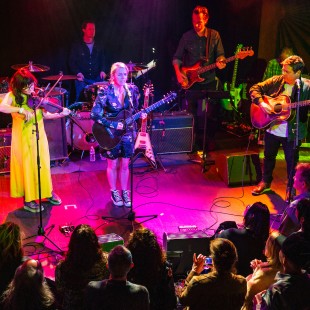
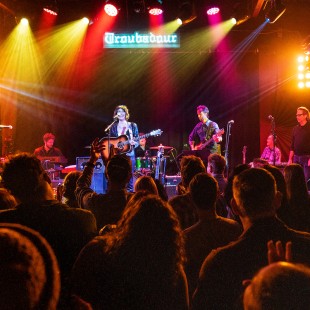
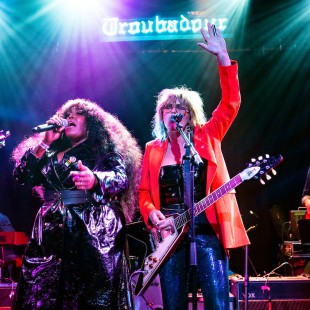

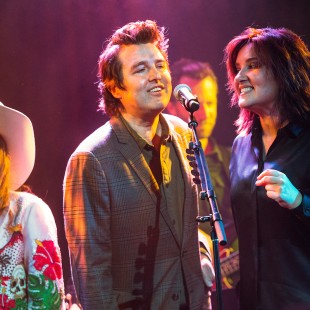
All Photos: Erika Goldring, Courtesy of the Americana Music Association.
LISTEN: Joe Mullins & the Radio Ramblers, “Readin’, Rightin’, Route 23”
Artist: Joe Mullins & the Radio Ramblers
Hometown: Xenia, Ohio
Song: “Readin’, Rightin’, Route 23”
Album: Industrial Strength Bluegrass
Release Date: March 26, 2021
Label: Smithsonian Folkways
In Their Words: “The great Appalachian migration of the 20th century placed tens of thousands of families from the hills and hollers into the industrial region of southwestern Ohio. Three shifts a day produced steel, paper, automobiles and more, from Cincinnati northward to Hamilton, Middletown, Dayton and Springfield, in the Miami valley of Ohio. No one makes better music than homesick hillbillies and they picked and sang at neighborhood taverns, churches, radio stations and fairgrounds. My parents left Kentucky in 1964 and I was born in Middletown, Ohio, one year later. Dad was a fiddler and radio personality spotlighting bluegrass music for the entire region.
“‘Readin’, Rightin’, Route 23′ was penned by Dwight Yoakam early in his career. His roots travel US Route 23 from eastern Kentucky to the Columbus, Ohio region. My mother’s parents lived a few miles off Route 23 in Lawrence County, Kentucky, in a’ ‘holler.’ Our family made the trip from Ohio to see my mamaw and papaw Williams hundreds of times. This song’s second verse was so personal to me, it took a lot of rehearsal to sing through my emotions. Seeing their porch light burning brightly, as a kid, meant I was soon to welcomed into their loving arms. In these troubled times, it’s a memory I cherish and find very comforting.
“‘Readin’, Rightin’, Route 23′ is the opening track to the forthcoming album entitled Industrial Strength Bluegrass. The 16-song project will feature songs all connected to the rich history of bluegrass music created, written or recorded in my neighborhood, southwestern Ohio. I can’t wait until the world hears Dan Tyminski, Lee Ann Womack, Doyle Lawson and more artists performing songs draw from a deep well of classic bluegrass!” — Joe Mullins
Photo credit: Russ Carson
Raised Along the Country Music Highway, Brit Taylor Was Bound for Nashville
An exquisite singer who is undeniably country, Nashville singer-songwriter Brit Taylor is taking a stand for herself in her debut album, Real Me. It’s an intriguing collection of original songs that position the East Kentucky native as one of Americana music’s most promising artists. After a number of setbacks, ranging from the demise of a marriage to the end of a publishing deal, she contacted producer Dave Brainard to talk about a fresh start. Around the same time, she met Dan Auerbach, who encouraged her to sound like a traditional country singer, even though she’d been told for years that nobody was buying that kind of music anymore.
Emerging from a cloud of depression, Taylor channeled her emotions into song. Then she released Real Me in November, staking her claim as an artist that proudly honors her roots without sounding stuck in the past. Songs like “Waking Up Ain’t Easy” and “Broken Hearts Break” echo her true country influences, too. Talking by phone from her farm, with a few goats roaming nearby, she told BGS about the journey.
BGS: You’ve said that your family wasn’t very musical, but was there music always around as you were growing up?
Taylor: Yeah, I grew up in Eastern Kentucky, right by the Country Music Highway, US 23. So, the culture of country music is super rich around Eastern Kentucky. I grew up singing in the Kentucky Opry Junior Pros in Prestonsburg, Kentucky. I was always singing and playing music every weekend of the summer, and through the Christmas season.
What were those shows like?
It’s kind of like something you would see in Branson. Back when I was a kid, it was booming and tourism was really rich around there. We would sell out shows every Christmas and have to add matinees. I felt like I was in the big time when I was a kid! [Laughs] It’s a really nice theater, too. I saw my first concert there, and it was George Jones. I played there for 10 years, and then I moved to Nashville and started playing tiny bars! It was such a shock, The Junior Pros opened up for the older members who were in the Kentucky Opry. What I was in was just kids. I don’t think anybody was older than 18.
When did you learn to play guitar?
I learned to play guitar in my senior year of high school. I had a vocal coach and I was taking piano lessons. He knew I wanted to move to Nashville. I was very [eager to move]! I was always playing by ear, and I was always frustrating him, because I hated to read music. One day he said, “How are you gonna pack this piano around Nashville?” And I was like, “Well, I don’t know.” He said, “You’re not going to make it in that town unless you learn how to play guitar.”
And I went home and I was like, “Mom, you have to buy me a guitar. Now.” [Laughs] We went to the music store and she didn’t know anything about music. The guitar was a hundred bucks, or two hundred bucks, and my mom said, “I am only spending $50 on this guitar.” I told the guy at the cash register that I would sing him any song that he wanted if I could have that guitar for fifty dollars. I sang him a Fleetwood Mac song and he let me buy the guitar.
You had to overcome a lot of setbacks to get where you are. How did you stay focused and inspired to keep going?
I don’t think I ever thought about the option of quitting. It’s always just been there, that this is what I want to do. There’s never been any other thought. It was hard at times, but it was never like, “I want to do something else.” This is just what it’s always been. I don’t picture life any other way.
What kind of lessons did you learn from your family? Were they good at teaching you a work ethic, focus, and dedication?
Oh yeah. My dad’s an entrepreneur and he was always going against the grain, working for himself. A lot of people don’t understand that, but I came from a family that understood being an entrepreneur and chasing your dreams at all costs. He was also a martial arts instructor and that’s how he got started. So, he always taught me how to fight, whether it was in a karate match, or in real life.
Did you take lessons in martial arts as well?
I did. Dad had me whippin’ ass since I was 4. [Laughs]
How much of this dream you had was about songwriting as well? How important was it to develop your voice as a songwriter?
Oh, I wrote my first song when I was 13. It was terrible, but it came so natural. The structure came natural. I think I had listened to so much country music at that point, it had to come natural. Yeah, I moved to town to write songs. I wanted to be an artist, too, but I definitely wanted to write my own songs. It’s always been a dream to have other people record my songs as well.
View this post on Instagram
Who were some of your heroes when you moved here?
Patty Loveless. I love her. She’s one of my favorite artists. Darrell Scott, and lots of songwriters, too. I grew up listening to a lot of Elvis and oldies. I sang a lot of Patsy Cline and Loretta Lynn growing up. The Judds, Dwight Yoakam, all those Kentucky artists.
Were you listening to the words even back then?
Every single word. My dad’s favorite story to tell is about when we were on the way to Myrtle Beach. I was always my dad’s little sidekick and I would sit in the front seat while my mom and my brother would nap in the back. We were listening to Sam Cooke. The line in the song was, “My baby’s gone and she ain’t coming back.” And my dad called me his baby. I was 4 years old, and I think I thought that song was about the man’s daughter. Dad said he looked over and saw me crying, and he said, “What’s wrong, baby?” And I said, “Why won’t his baby come back to him, Daddy?” [Laughs] I’m just sitting over there bawling, listening to Sam Cooke, and it’s not even about what I thought it was about, but it hit me.
Did you go to college in Nashville?
Murfreesboro. I moved here to go to school for music business at MTSU.
What do you remember about those early days, finally being so close to Nashville?
Oh my gosh, it was the best time of my life! I felt like such an adult. I’ve always been a little ahead of myself, I think, and just being on my own, getting to make my own decisions because I’m really independent, was just the best time time in my life. I had already started writing songs and co-writing songs, and I was just ready.
I moved here when I was 19 and I remember that feeling of excitement. It feels like the whole world is in front of you.
Oh, it does. That’s the cool thing about living on the farm, too. I remember when I would drive from Murfreesboro to Nashville, or Kentucky to Nashville, seeing the skyline of Nashville is so exciting! It’s just glorious! It still makes my heart drop because I’m not in it every day. So when I get to drive to town, it’s still really special.
Are you living on a farm now?
Yeah, I live out in Mount Juliet, outside of Nashville, and I’ve got a little over three acres. And I adore it! I don’t know if it’s because I grew up this way, but there’s some kind of peace about it when you can be out in the woods. I’m an animal lover. My next thing I want to get, with these goats, is these miniature donkeys. [Laughs] And you can’t really have those in Nashville.
View this post on Instagram
Where did that love of animals come from?
Oh, I’ve always had animals. My dad’s a big animal lover. And his dad had llamas, emu, ostriches, donkeys, horses… I mean, he was always getting some kind of crazy animal. And apparently I’ve taken on that role in the family.
I think animals can bring comfort in stressful times. Is that the case for you?
Yeah, I can’t look at these little Pygmy goats and not smile. They’re just hilarious! And they make me happy. The music industry is full of ups and downs, and life in general is full of ups and downs, and it’s so easy to walk outside and be grounded in nature. It’s just being in nature and watching the animals running around, because they don’t have to think about anything. They’re just hollering for some more hay.
When you listen to Real Me now, what goes through your mind?
I’m grateful. I just listened to it and I’m grateful. I’m just as much in love with this record as I was in the process of making it. I still listen to it and get butterflies.
Photo credit: David McClister
MIXTAPE: Kendell Marvel’s Inspiration on the Run
“Listening to music when I run keeps my mind from wandering. It keeps me motivated and helps me keep a pace so I can sweat out whatever evil I got into the night before.” – Kendell Marvel
“Running on Empty” – Jackson Browne
Those days when I don’t really feel like going for a run, all I have to do is put on this tune to get moving. That classic ‘70s feel and the lyric to this song are pure motivation. Hell, look what it did for Forrest Gump.
“Against The Wind” – Bob Seger
There isn’t any other song that feels more open-road than this song. Bob Seger may be the greatest songwriter of our time. This song paints a perfect picture of the wind in your face. It just feels like freedom.
“It Ain’t My Fault” – Brothers Osborne
Not only does this song have the stomp, but the guitar riffs, the B3 and the hand claps! Combined, they all make this the perfect tune to kick it up a notch. The first time I heard this ditty I was sitting around the fire in Lake Creek, Alaska, with John and TJ and they played it acoustic. It blew me away.
“Life in the Fast Lane” – Eagles
From the opening riff of “Life in the Fast Lane” it is pure adrenaline. Southern California ‘70s rock ‘n’ roll had it all. From the great melodies to the even greater lyrics, these guys were head and shoulders above any other bands of that era. Except Petty, of course.
“Wrong Side Of Memphis” – Trisha Yearwood
“Wrong Side Of Memphis,” was written by Matraca Berg and Gary Harrison and sung by the great Trisha Yearwood in the early ‘90s. It has that swampy, gritty feel that fires me up. It’s the perfect mid-tempo for an early morning run.
“Boots On” – Randy Houser
This tune by my buddy Randy Houser is the perfect in your face, barn burner country song to work up a sweat to. His vocals are stellar on everything, but this one is exceptionally good. Not many people can sing like that cat.
“Hippies and Cowboys” – Cody Jinks
This one’s my cooldown tune. After a good 4- or 5-mile run, Jinks’ laid-back retro sound brings the heart rate back down. Badass vocal by a badass dude.
“Fast as You” – Dwight Yoakam
Dwight Yoakam is the king of cool and this song from the get-go gets me going. Pete Anderson’s guitar work and production on this song [make it] everything an uptempo song should be.
“Cocaine Country Dancing” – Paul Cauthen
Good Lord, this song! It’s new to my playlist, but all I gotta do is push play and imagine wild man Paul Cauthen runnin’ up behind me. Immediately I knock a minute off my next mile.
“La Grange” – ZZ Top
“La Grange” is dripping with angst. It either make me wanna fight or run. Since I’m a little older now I better stick to runnin’ with this Little Ol’ Band from Texas blaring in my AirPods.
“I Ain’t Living Long Like This” – Waylon Jennings
The title of this Waylon tune, written by Rodney Crowell, pretty well sums up my reason for running every day. A musician’s lifestyle ain’t always the healthiest lifestyle. So I figure if I wanna hang around this world for a while I better stay in half-assed shape, so this title alone is motivation. Plus, this song just feels so good.
“Mowin’ Down the Roses” – Jamey Johnson
I think Jamey Johnson is a modern-day Willie Nelson. This song has so much grit and cockiness it’s hard not to run with a little swagger when it’s on.
“Runnin’ Down a Dream” – Tom Petty
Well, I saved this one for last because who do you play after Petty? Nobody! “Runnin Down a Dream” is the perfect rock ‘n’ roll song as far as I’m concerned. It’s reckless, it’s rockin’, it’s brilliant, and it makes me feel young. How else do you wanna feel when you’re on a run?
Photo credit: Alysse Gafkjen
MIXTAPE: Eric Corne’s California Country
California country has deep roots and an enduring influence. It’s given us the Bakersfield Sound, country-rock, cosmic country, cow punk, and much more. I love the more raw/less polished sound and how its artists tend to chart their own course. Nashville was a company town; California was where the mavericks went. I have a strong personal connection to California country, stemming from my work as Dusty Wakeman’s engineer at Mad Dog Studios in Los Angeles. Dusty played bass with Buck Owens, engineered Dwight Yoakam’s seminal albums, and co-produced Lucinda Williams’ first two albums. There’s still a strong core of musicians in L.A. with roots stretching back to these earlier generations, and it’s a thrill and an honor to be writing and producing records with such soulful and beautiful people, many of whom populate the selections below. — Eric Corne
Buck Owens — “Streets of Bakersfield”
Buck Owens is, of course, a pillar of California country and a pioneer of the Bakersfield Sound. An iconic harmony guitar riff provides the instrumental theme, with gorgeous vocal harmonies and pedal steel lifting the choruses. This song really encapsulates what California country represents to me — the desire to be oneself.
Merle Haggard — “Working Man”
This is one of my favorite Merle songs. It’s got a great groove and terrific guitar playing with lyrics that clearly represent the blue-collar ethic he embodied.
Lucinda Williams — “Sweet Ole World”
Lucinda really helped broaden the boundaries of country just by doing her own thing. This song has an angelic vocal melody with beautiful harmony and precise responses from the guitar. Immaculately recorded and co-produced by my mentor Dusty Wakeman.
Dwight Yoakam — “It Only Hurts When I Cry”
Dwight and Pete Anderson were real students of classic country music, especially the Bakersfield Sound, and they were at the center of the cow punk movement, along with X, Lone Justice, and others. This is a great song with witty lyrics, perfect production, and top-notch performances.
Jean Shepard — “If Teardrops Were Silver”
Raised in Bakersfield, Jean Shepard was a pioneer for female country singers and one of its first great stars, following on the heels of Kitty Wells’ breakthrough. She had a really pure voice with a lovely vibrato and a great ability to interpret a song.
Bob Wills — “Bubbles in My Beer”
It could be argued that Bob Wills is the godfather of the Bakersfield Sound. He played there regularly and had a strong influence on both Buck and Merle … something I can really hear in this song.
Sam Morrow — “Skinny Elvis” (Featuring Jaime Wyatt)
I’m really proud to work with these two brilliant, young, California country artists who are getting well-deserved national attention. I wrote this one for Sam’s album, Concrete and Mud. It’s a little reminiscent of the Gram/Emmylou song “Ooh, Las Vegas,” so I thought it’d make a great duet with Jaime. I recruited legendary Gram Parsons/Byrds pedal steel player Jay Dee Maness to play on it, which was quite a thrill, as you can imagine.
Guy Clark — “L.A. Freeway”
Guy Clark wasn’t in L.A. for long, and this song is about leaving, but it’s a beautiful farewell song. The song makes reference to another beloved and iconic figure of California country — “Skinny” Dennis Sanchez who played bass with Clark, and ran in circles with the likes of Townes Van Zandt, Rodney Crowell, and Steve Earle. There’s also a thriving honkytonk in Brooklyn named after him. It’s an incredible performance, very dynamic, with a sympathetic arrangement including Wurlitzer piano, weepy fiddle, moaning harmonica, and gorgeous chorus harmonies.
Jade Jackson — “Motorcycle”
Here’s another great, young country singer coming out of Cali right now. I love this lyric and vocal performance — intimate with a dark, rebellious under current.
Linda Ronstadt — “Silver Threads and Golden Needles”
Her early career country records are really underrated. This is a killer country-rock version of a Dick Reynolds/Jack Rhodes classic song with strong ties to the Flying Burrito Brothers. I think Ronstadt is also important to include here, due to her work with Neil Young, the Eagles, Jackson Browne, and others in the L.A. country scene of the late ’60s and early ’70s.
The Byrds — “Hickory Wind”
No playlist of California country would be complete without a song from the Byrds’ seminal country album Sweetheart of the Rodeo. My first gig in Los Angeles was assisting Dusty Wakeman on the mixes for the Gram Parsons tribute concert at which Keith Richards did a beautiful heartfelt version of this song by his old pal, Gram.
Sam Outlaw — “Jesus Take the Wheel (And Drive Me to a Bar)”
An instant classic by one of the brightest stars of the current generation of California country singers with outstanding production by Ry Cooder and Bo Koster of My Morning Jacket on keys, who also guests on my new record.
The Flying Burrito Brothers — “Hot Burrito #1”
Even though Gram Parsons and Chris Hillman’s importance is already represented here via the Byrds, I wanted to include this achingly beautiful Burrito song, partly because of Gram’s incredible vocal and melody, and partly due to Bernie Leadon and the link he represented as a member of both the Burritos and the Eagles, the latter heavily influenced by the former.
Gene Autry — “Mexicali Rose”
Gene Autry’s singing cowboy films were instrumental in bringing country music to a national audience in the 1940s. I was very fortunate to record Glen Campbell on his version of “Mexicali Rose,” but thought I’d include Autry’s version here.
Crosby, Stills, Nash, & Young — “Helpless”
I think the Laurel Canyon music scene played an important role in California country and Neil Young, in particular — first with Buffalo Springfield, with songs like “Learning to Fly” and “I Am a Child,” and later with his Nashville-recorded classic, Harvest. “Helpless” to me represents the seeds of Harvest.
Eagles — “Tequila Sunrise”
Not much needs to be said about the first two Eagles’ albums and their role in the popularity of country-rock. Not to include them would seem an oversight. This also represents the beginning of the fruitful Glenn Frey/Don Henley songwriting partnership.
BGS Class of 2016: Albums
Though 2016 took a lot of amazing artists from us, it also gave some bright, new voices a chance to shine through and some familiar, steady ones the opportunity to re-emerge. From Courtney Marie Andrews and Margo Price to Dwight Yoakam and Charles Bradley, the BGS Class of 2016 represents the wonderful and wide spectrum of roots music albums released this year. Though the BGS team votes on our class favorites, aside from the top pick, the albums are listed alphabetically, rather than ranked.
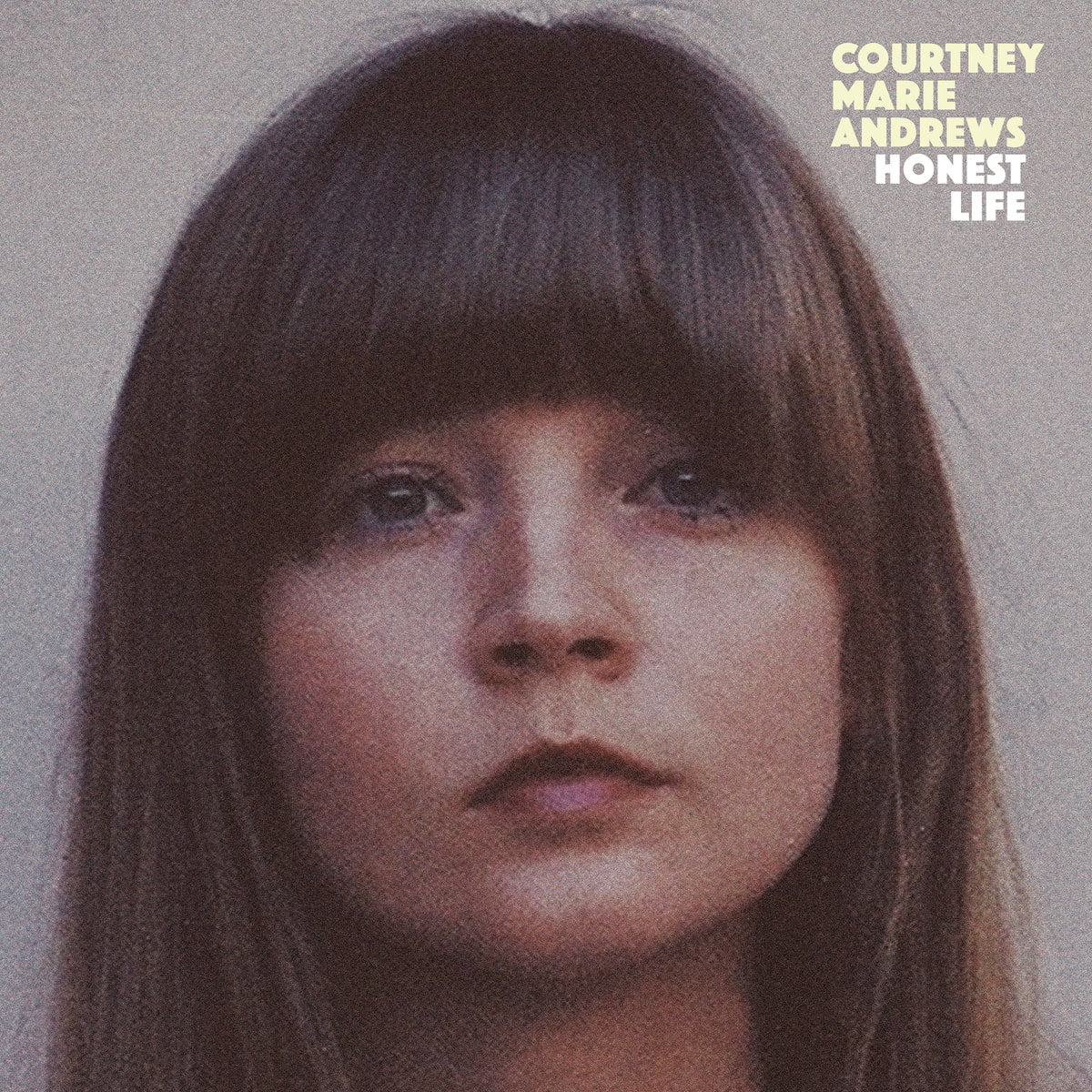
Valedictorian/Prom Queen/Class President: Courtney Marie Andrews, Honest Life
Sometimes, folks encounter something — a piece of art, a landscape, what have you — so beautiful that it's hard to put the experience into words. More often than not, those same folks resort to comparison as the only means of getting their points across. That's probably why you've seen Courtney Marie Andrews compared to Joni Mitchell so many times: Her latest album, Honest Life, while certainly, at times, reminiscent of Our Lady in Blue, is so good that it must be explained with an invocation of one of our greatest living songwriters. And, hey, that's not such a bad spot for Andrews to find herself in, but don't let it fool you: The Seattle-based songwriter — no knocks to Mitchell, of course — is a singular voice, one that can only be understood by being heard. — Brittney McKenna
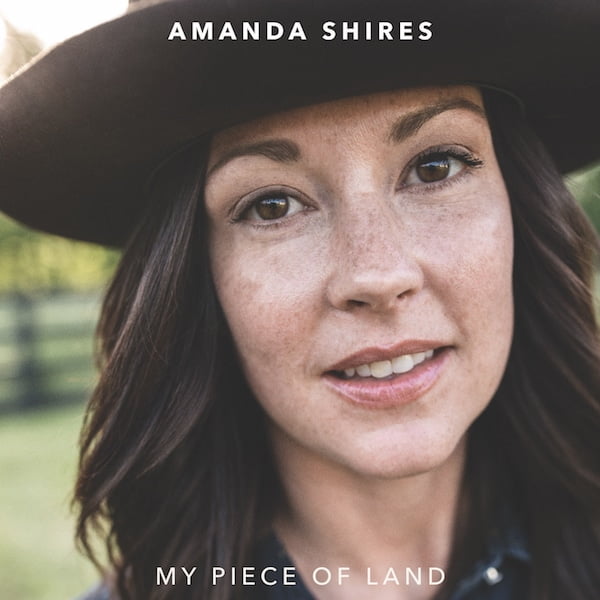
Best Americana Mother Lode: Amanda Shires, My Piece of Land
Amanda Shires is a pro. Since landing her first major gig at the age of 15, she’s recorded and toured with heavyweights like John Prine and Billy Joe Shaver while forging a career as an artist in her own right. On her latest solo album, My Piece of Land, the singer/songwriter/fiddle extraordinaire stakes her claim. Composed while she was homebound during her final months of pregnancy, the record is a stunning rumination on love, lust, family, and home. Produced by Nashville powerhouse Dave Cobb, each song has space to move and breathe, placing both Shires’ serene vocals and songwriting prowess front and center. — Desiré Moses
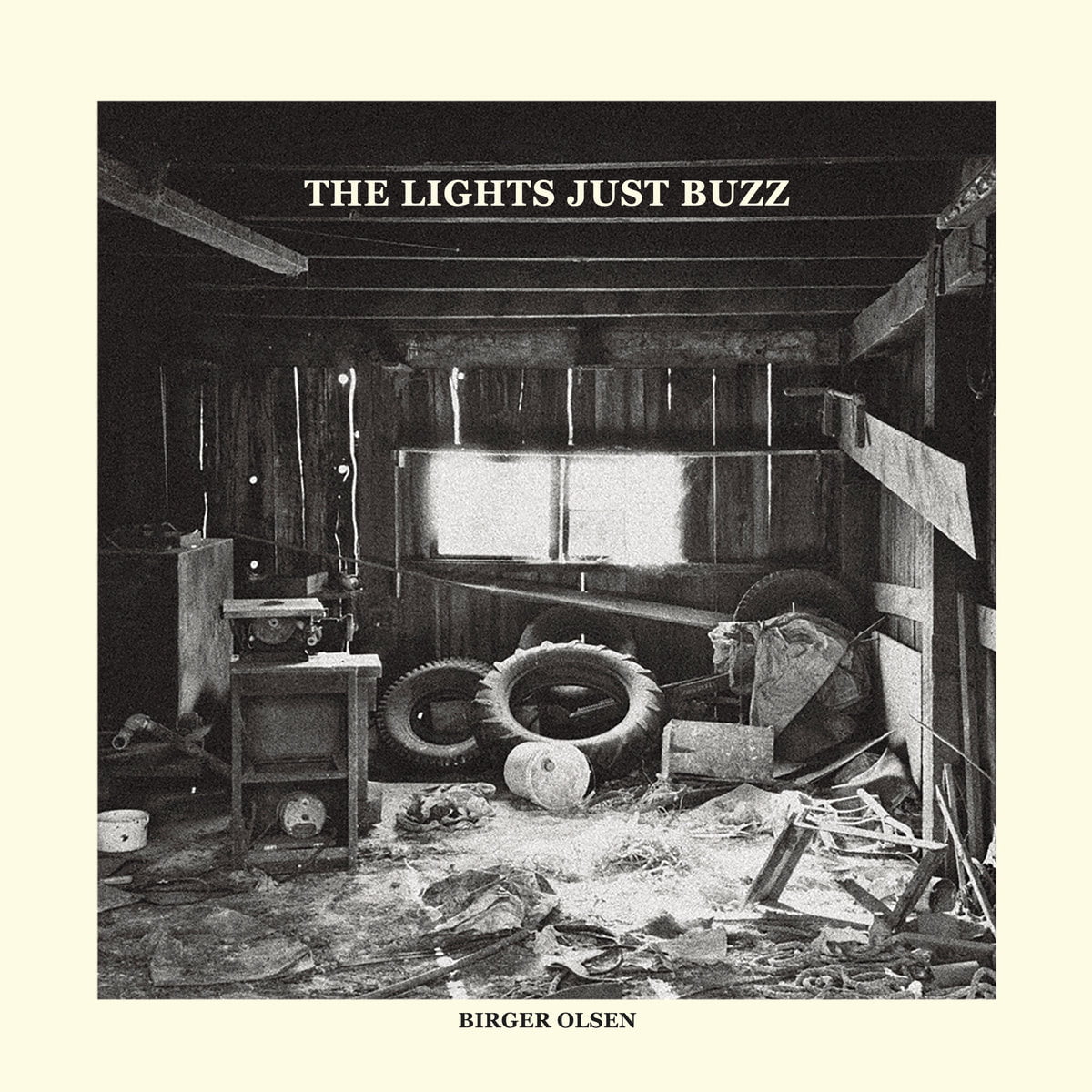
Best Album to Sip Whiskey To: Birger Olsen, The Lights Just Buzz
Arriving out of Portland, Oregon, and touting his music as “porch blues,” Birger Olsen flew under the radar in 2016, but his debut album, The Lights Just Buzz, is exactly what anyone craving a glass of whiskey and a moment of reverie will appreciate. With a voice close in tone and style to Tony Joe White and a meandering way with melodies and words, Olsen’s six songs offer listeners an electrifying, if unexpected delivery. It takes him over two minutes to introduce his voice on the album’s first track, “The Telephone Dangles on the Line,” whereas on “Liza” he proclaims his desire in as understated yet romantic a way possible. Olsen may build an onomatopoeic sensation into his title, but it’s a feeling that reverberates throughout his entire album. — Amanda Wicks
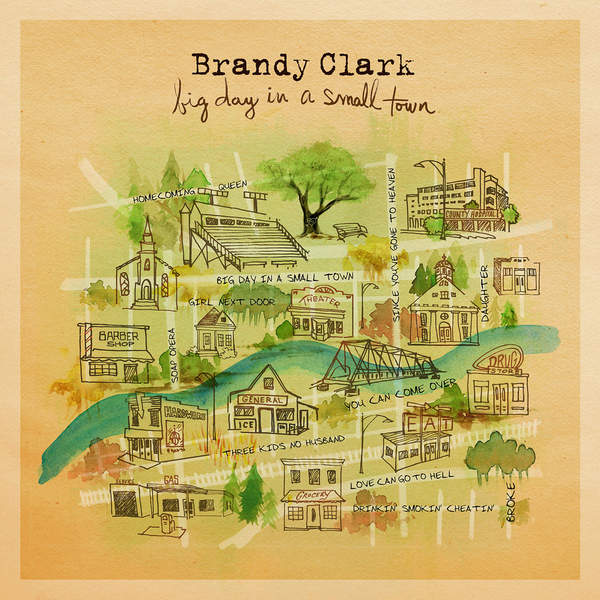
Most Likely to Remind You of Someone You Know (And Wish You'd Never See Again): Brandy Clark, Big Day in a Small Town
What Brandy Clark pulled off with Big Day in a Small Town was something special. On one hand, she offered up radio-friendly fare that was as catchy as it comes. On the other, she laid down some stone-cold country cuts that would easily stand up to the classics. To do that, an artist must have a rare strand of talent in their DNA — one that follows the muse but feels the mainstream. Johnny Cash, Loretta Lynn, Willie Nelson, Dolly Parton … that's the artistic tradition Clark is part of, and it's incredibly exciting to watch her step into that lineage as both a singer and a songwriter. — Kelly McCartney
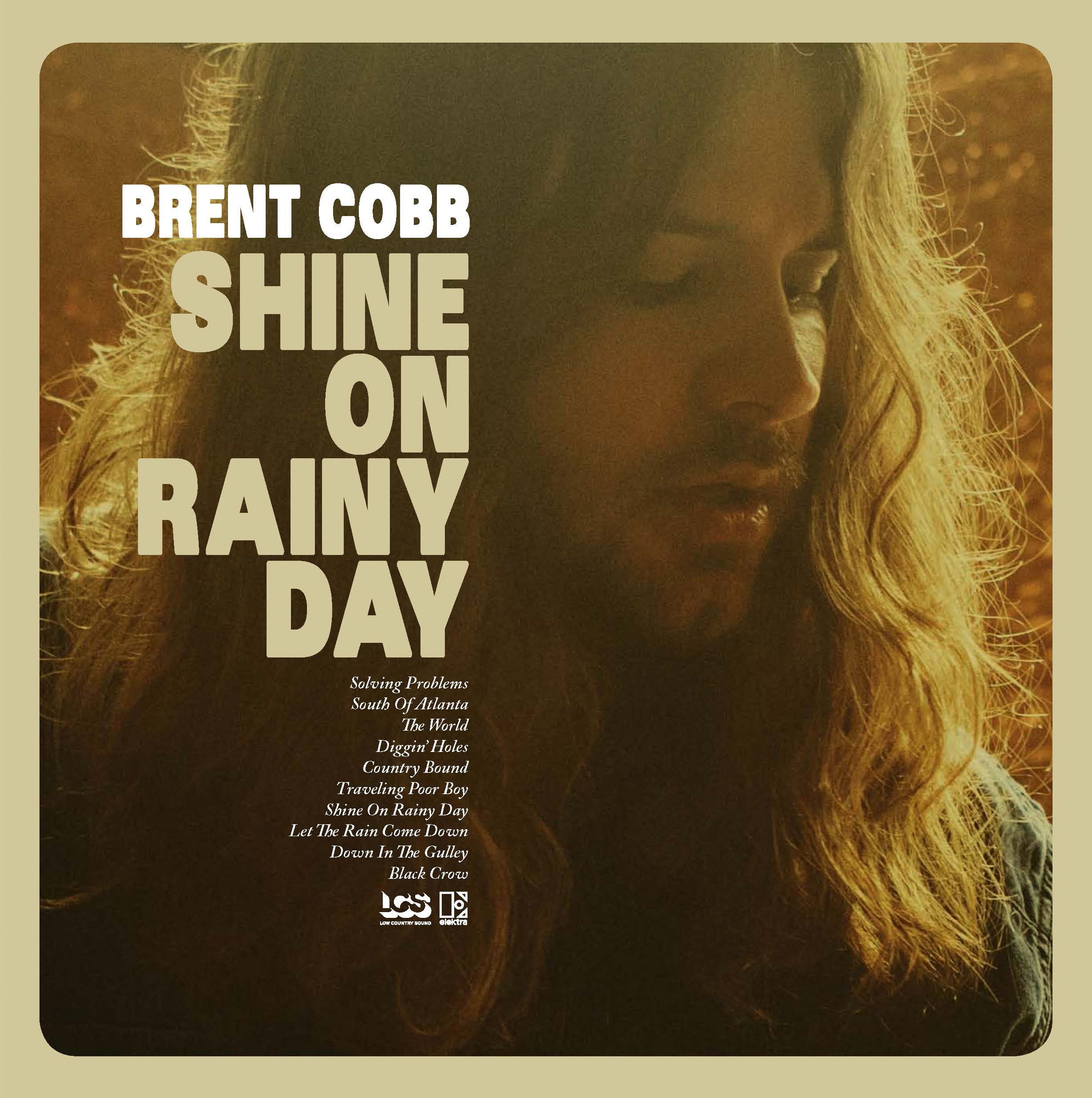
Most Likely to Make You Crave Biscuits and Gravy: Brent Cobb, Shine on Rainy Day
It's been a banner year for the Cobb family. Producer Dave released his own album, Southern Family, while lending a hand in the studio to artists like Amanda Shires, Lake Street Dive, and Lori McKenna. His cousin Brent had a breakout 2016, too, first earning attention for his Southern Family contribution, "Down Home," shortly followed by heaps of acclaim for his major-label debut Shine on Rainy Day. That acclaim is warranted, as Cobb, who has penned songs for everyone from Luke Bryan to Miranda Lambert, stitches together nuanced portraits of daily life with thoughtful lyrics, simple arrangements and a unique, unassuming voice that's sure to stick with you long after your first listen. — BMc
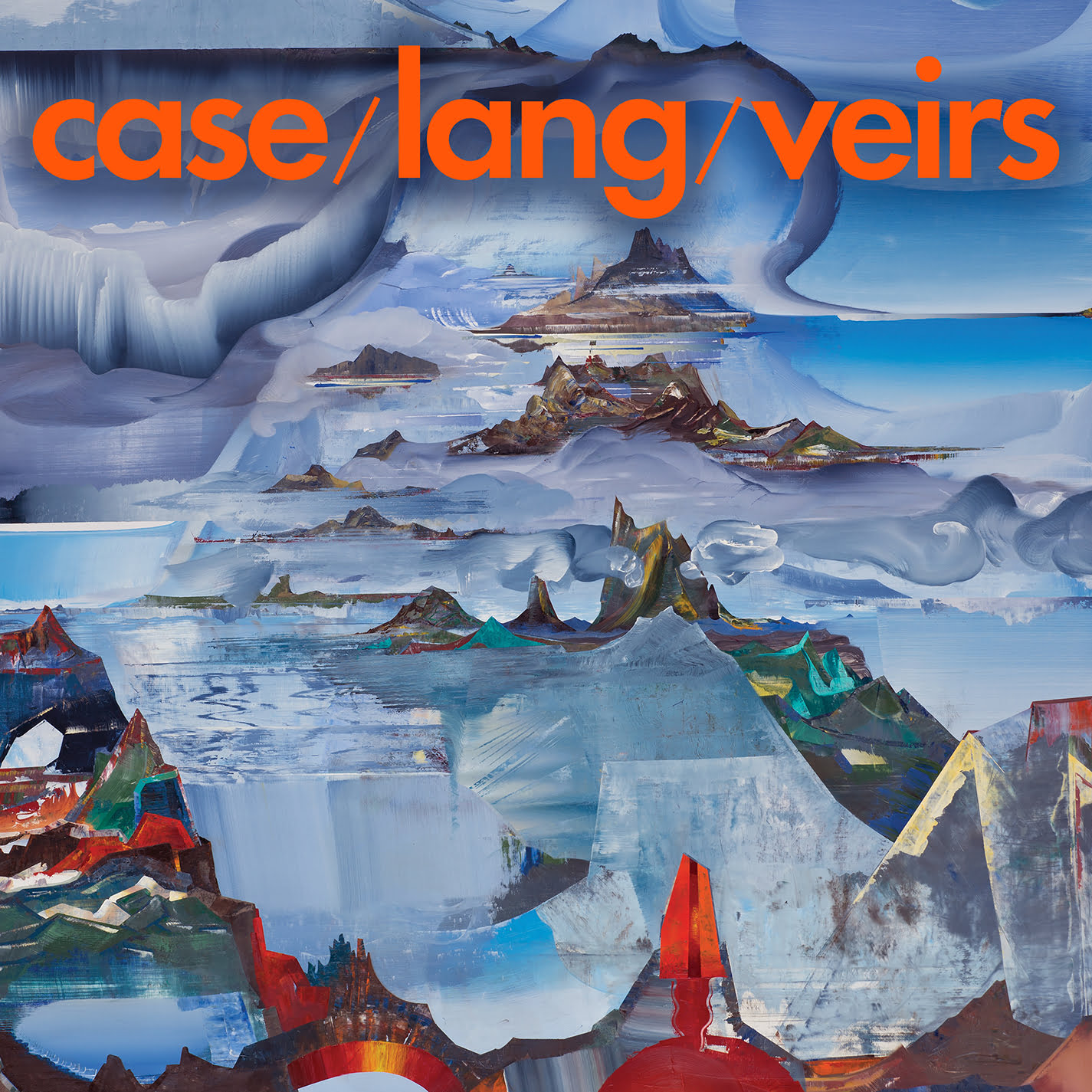
Best Supergroup Trio Since, Well, Trio: case/lang/veirs
k.d. lang gets the credit for envisioning this illustrious collaboration with Neko Case and Laura Veirs. And, man, what a stroke of creative genius. Across the collection, each woman brings their unique gifts to bear — lang's stunning vocals, Veirs' quirky melodies, and Case's indie sensibilities — the melding of which is so spot-on in "Atomic Number" that it's hard not to linger there for far too long. Further in, though, "Song for Judee," "Blue Fires," "Greens of June," "Down I-5," and more take turns captivating the listener with their always delightful and sometimes devasting timbres. — KMc
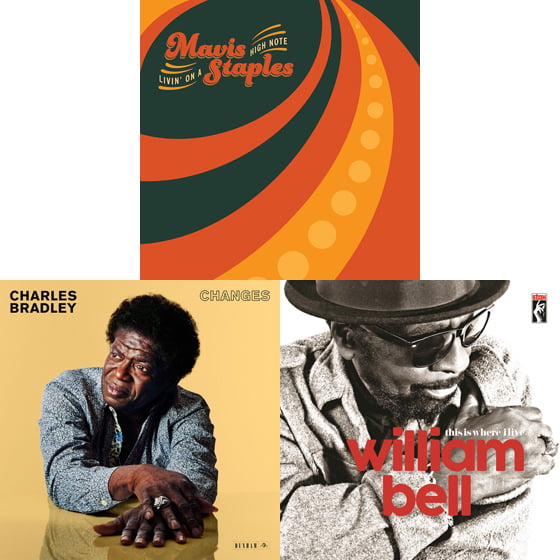
Best Perspectives on a Historically Bad Year: Charles Bradley, Changes; Mavis Staples, Livin' on a High Note; William Bell, This Is Where I Live
Soul music has always thrived as a communal medium, one that can speak deftly to individual experiences within much broader social and racial contexts. Its ability to invite empathy and compassion — and even outrage — made albums by Mavis Staples, William Bell, and Charles Bradley sound like wise commentary on tumultuous times. The folk-gospel sound pioneered by the Staple Singers in the 1960s is just as relevant and radical now as it was then, as is the moral nobility that drove their music. Mavis captures that exuberance on her latest, Livin’ on a High Note, singing like social justice was a rejuvenating endeavor — which it really is. Especially on “Take Us Back” and “History Now” (penned by Neko Case), she sounds like the conscience of a nation that really ought to know better.
William Bell is better known as a songwriter than as a recording artist, but penning both “Born Under a Bad Sign” and “You Don’t Miss Your Water” might actually qualify him for sainthood. His latest release, This Is Where I Live, is his best, a collection of carefully crafted and beautifully sung songs that commingle the personal with the public. The title track recounts his days as a teenage hitmaker and the trials that followed, but by the album’s end he’s singing, “People everywhere just want to go home!” and putting his finger right on the very thing that unites us.
At 68, Charles Bradley is the baby of this bunch, but he brings every moment of his hard and remarkable life to bear on his third solo album, the mighty Changes, one of the most unflinchingly candid and unfailingly generous albums of the year. The title track, a cover of the Black Sabbath ballad, was originally intended as a heartbreaking comment on the death of his mother, which means his performance will reduce you to a puddle of tears. And yet, in 2016, the song became bigger than him, bigger than all of us: It sounds like a new national anthem for a country that is still trying to find a way to be truly exceptional. — Stephen Deusner
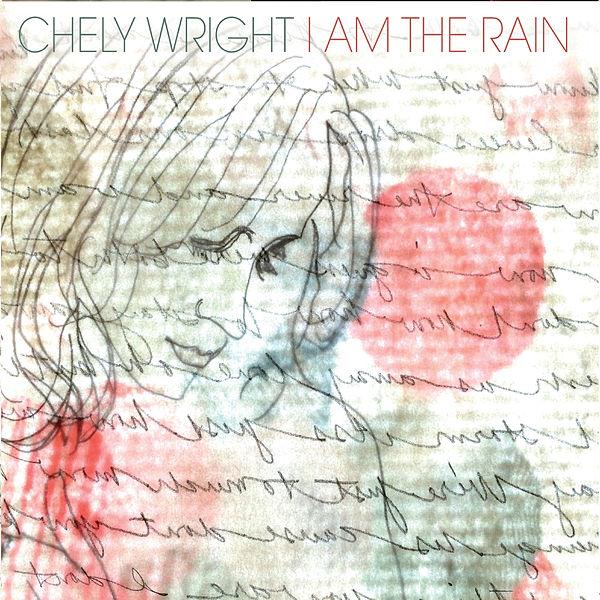
Most Unexpected Masterpiece: Chely Wright, I Am the Rain
In Chely Wright's country catalog, there are very few signposts pointing toward I Am the Rain. Sure, "Picket Fences" is a great song. Yes, Lifted Off the Ground has some solid moments. But this … this is a whole other ball of wax, right here. Teaming up with Joe Henry, Wright pours her heart and soul into every line and lick on this record, each song ebbing and flowing through a lifetime of pain and purpose. The natural plaintiveness of Wright's voice and the raw vulnerability of her writing both rest so comfortably within this more Americana-tinged sonic space that it's easy to see where she's going from here. — KMc
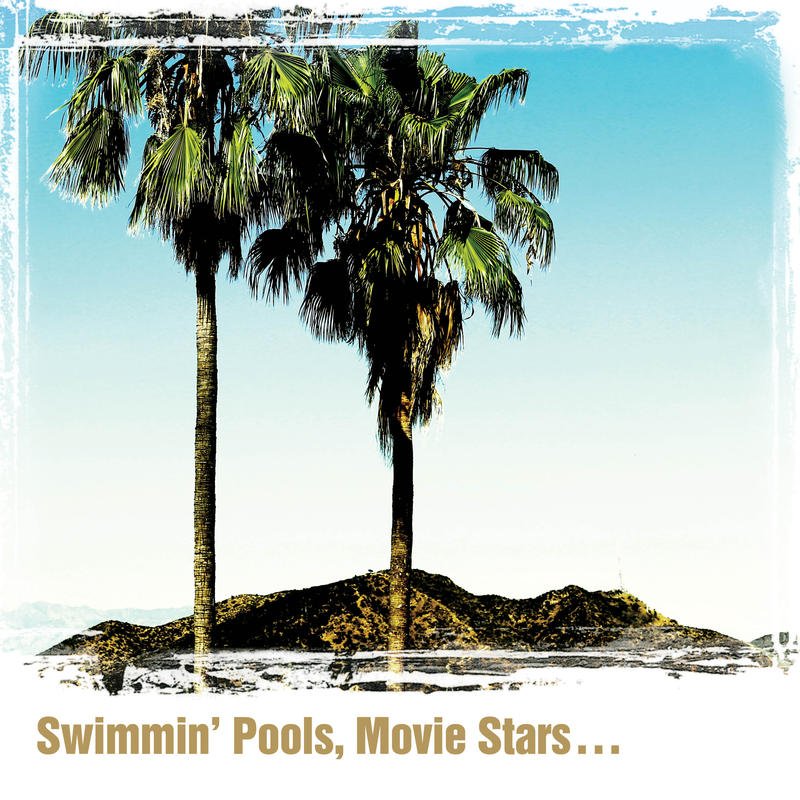
Best Bluegrass Tribute to Prince You Didn't Know You Needed: Dwight Yoakam, Swimmin' Pools, Movie Stars…
Leave it to a Canadian tuxedo-ed Los Angeleno to bring us one of the year's best bluegrass albums. Culling from decades' worth of deep cuts, Dwight Yoakam reimagined a number of his personal favorites from his own catalog, string-band style. It harkens back to the Kentucky-born artist's roots, and you can practically hear Yoakam's heart aching for the hollers of his hometown of Pikeville in his voice. And, as a small salve on the gaping wound that has been 2016, his simple, mournful cover of Prince's "Purple Rain" is one of only a handful of tributes to one of this year's many fallen soldiers truly worthy of its honoree. — BMc
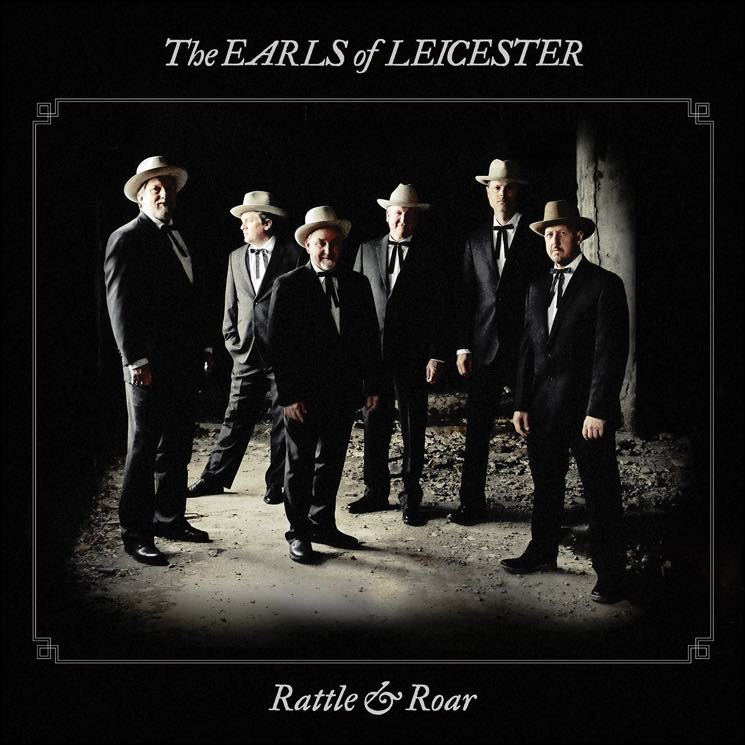
Most Likely to Please the Traditionalists … and their Kids: The Earls of Leicester, Rattle & Roar
The Earls of Leicester’s Rattle & Roar is a fresh batch of Flatt and Scruggs songs. Started as a tribute to the Foggy Mountain Boys, the Earls have captured attention from festival to festival with their charming get-up of Western colonel ties, button-up shirts, coats, and hats. Fiddle, banjo, and mandolin heavy tunes about ex-convicts and prayers from mom abound as they reel you in. The sound on their sophomore record is that of traditional bluegrassers' dreams. Though the style is Trad and the tunes are oldies, they’ve managed to freshen up the songs to appeal to a new generation of listeners with honky tonk and gospel influences. What’s old always becomes new again. — Josephine Wood
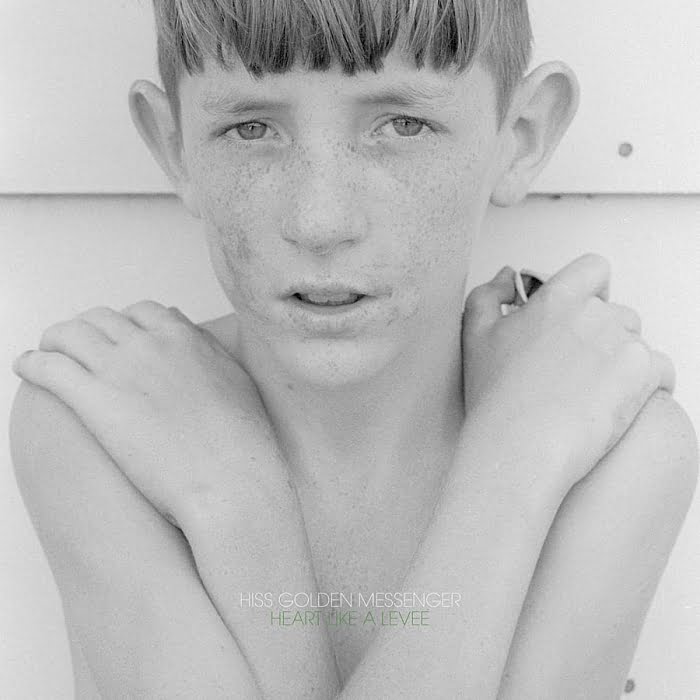
Best Soundtrack for a Road Trip to Literally Anywhere: Hiss Golden Messenger, Heart Like a Levee
For several years now, M.C. Taylor has been balancing family life, a full-time job, and an increasingly popular indie-folk band — Hiss Golden Messenger. Many singer/songwriters have sung about the small compromises and big consequences of that struggle, but few have done so with quite as much fortitude and candor. “Should I walk on the water,” he asks, not quite rhetorically, on “Cracked Windshield,” “with so many people living just above the water line?” Heart Like a Levee is one of those albums where the liveliest songs sound the most burdened and the quietest songs the most jubilant, celebrating the fact that he has something to commiserate. — SD
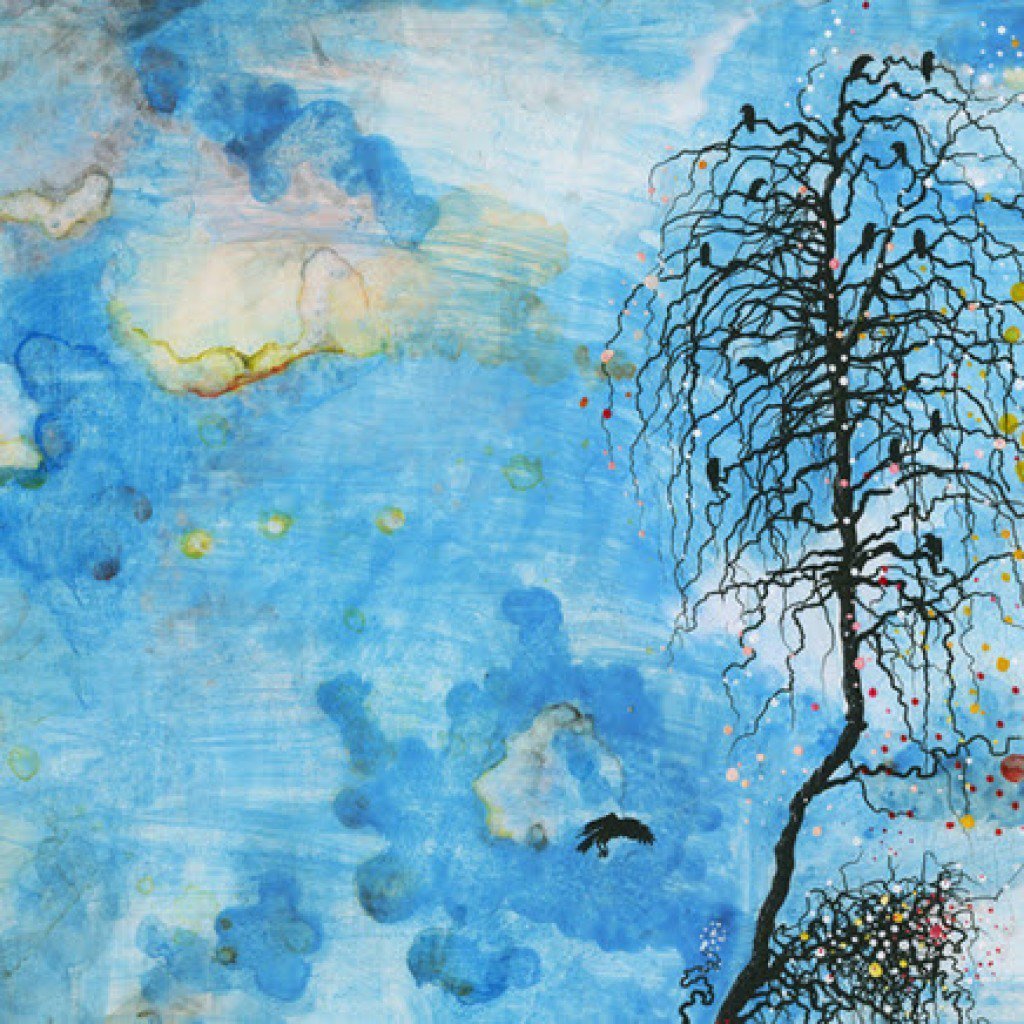
Most Melodically Devastating Return: John Paul White, Beulah
The question was never whether the Civil Wars’ John Paul White could stand alone without his former partner, Joy Williams. But if ever doubt existed, Beulah served up the answer on a polished silver tray with mint juleps, to boot. White retreated to his native Muscle Shoals, Alabama, after he and Williams went their separate ways in 2014, and has emerged two years later with his second solo album. The titles alone — “Make You Cry,” “Hope I Die,” and “Hate the Way You Love Me” — suggest a dark album, but White’s strong ear for clever riffs and their expansive arrangements balances the lyrics’ brooding moments with melodies that draw upon traditional country, indie folk, and more. There’s an element of the sublime about Beulah, as if White, content from his current position, can look upon life’s more baleful moments and find the beauty within, which he does time and again. — AW
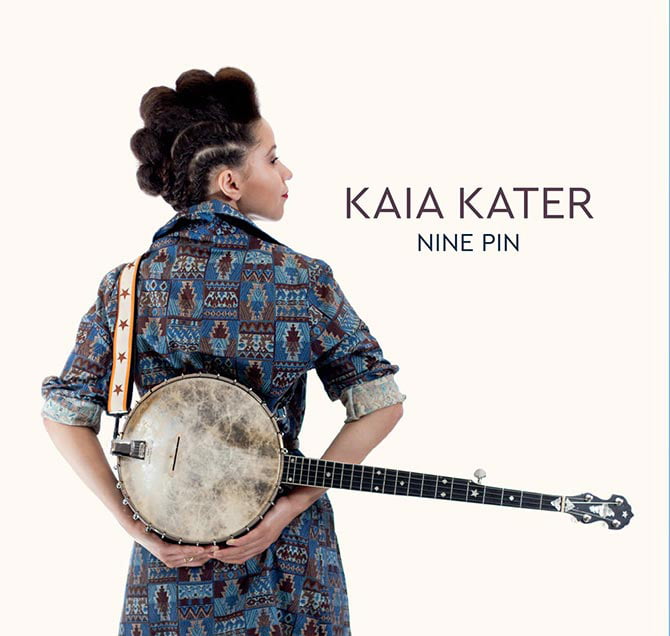
Most Striking New Voice: Kaia Kater, Nine Pin
At just 23 years old, Kaia Kater writes and plays with the virtuosity of an old-time veteran. Born of African-Caribbean descent in Quebec, she moved to West Virginia to tap into the roots of Appalachia and recently graduated from the first Appalachian Studies Program at the area’s Davis and Elkins College. With her low vocal, attention-grabbing cadence, and evocative banjo, Kater delivers stunners like the title track from her latest album, Nine Pin, which begins, “These clothes you gave me don’t fit right. The belt is loose and the noose is tight. Got drunk out looking for a fight. I’m soft and heavy as the night,” proving she’s the voice we need right now. — DM
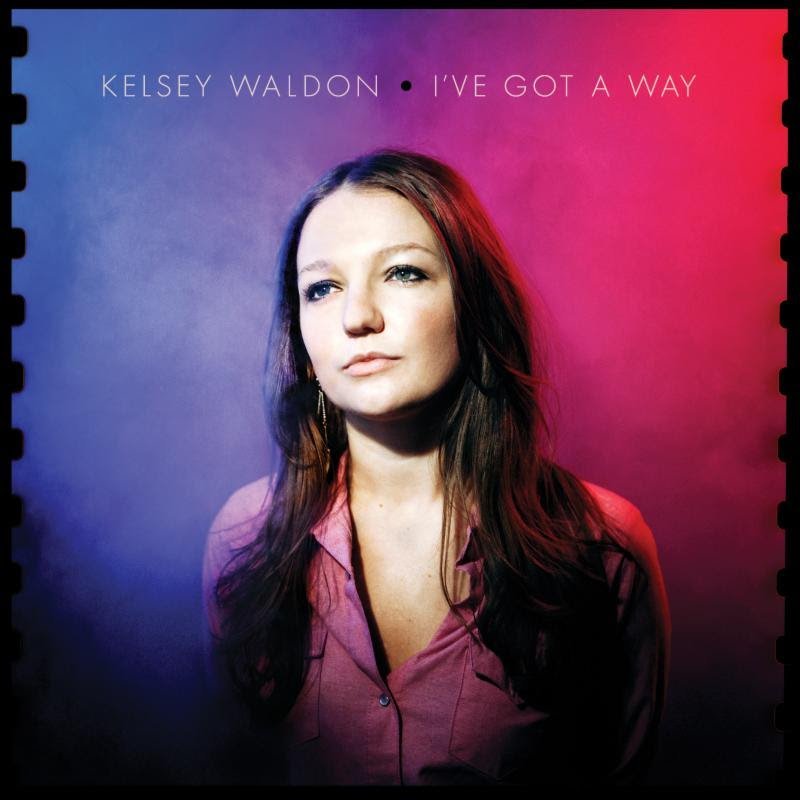
Most Self-Empowering Kiss-Off: Kelsey Waldon, I've Got a Way
"You can't place a crown on a head of a clown and then hope it turns out to be king," sings Kelsey Waldon on "False King," a devilish track off her sophomore set, I've Got a Way. Waldon may not have written this with president-elect Donald Trump in mind, but, like on many of the Kentucky native's songs, there are layers of meaning and purpose in her smart and witty metaphors. It's that kind of point of view that makes Waldon's writing evergreen — and, layered with heavy steel guitar, jangly telecaster riffs, and plenty of lonesome twang, able to both conjure up '70s Nashville while remaining in her own unique lane. She's all by herself, indeed. — Marissa Moss

Best Couples' Therapy Set to Music: Lori McKenna, The Bird & the Rifle
Prolific and profound songwriter Lori McKenna has captured some of her deepest words of wisdom and stitched it together in a kind of beautiful needlepoint. The Bird & the Rifle is full of poignant lyricism as only a songwriter of McKenna’s caliber can produce, and even while her songs may not explicitly be intended as advice, sage messages exist throughout each one. There’s her warning about loving someone who kills the best part about you in “The Bird & the Rifle” or about not settling for shitty love on “Halfway Home,” or her chiding self-explanatory “Old Men Young Women.” No matter the subject, McKenna’s exacting phrases do what listeners need of music: articulate those experiences that leave us adrift in our own feelings, and help us find a bridge to understanding. — AW
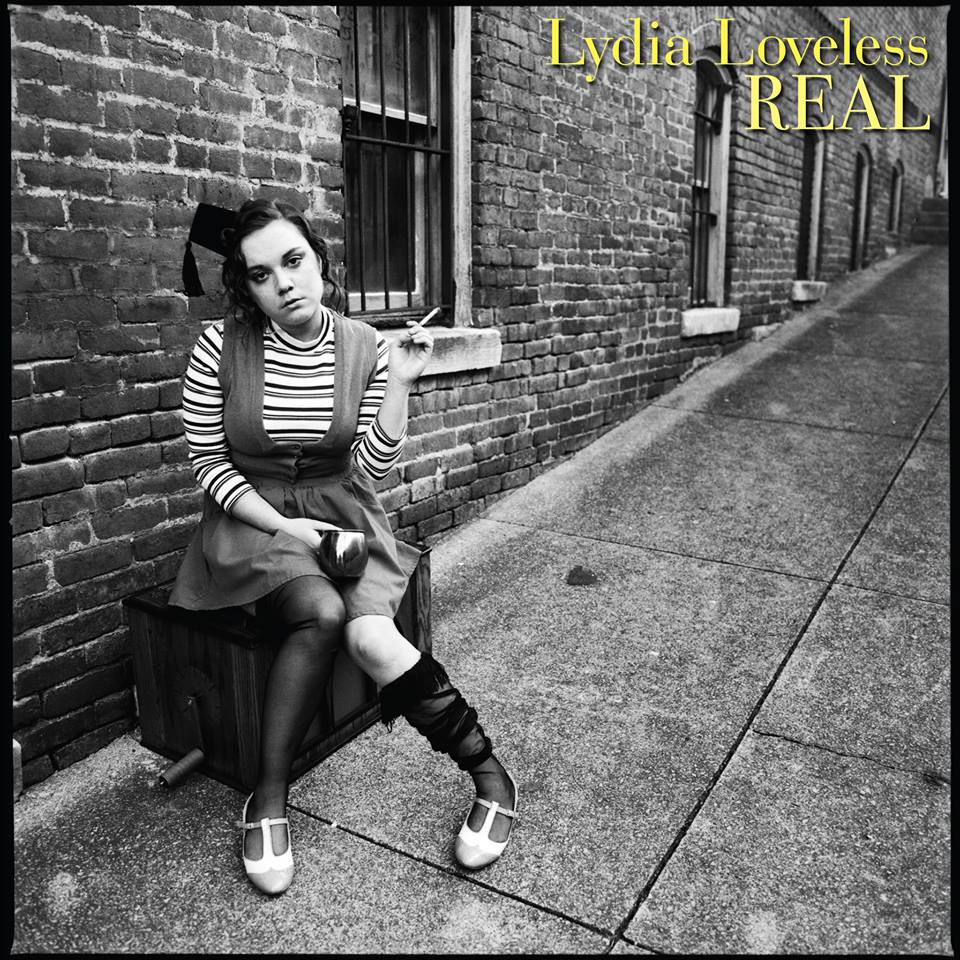
Most Likely to Kick Your Ass, Figuratively and Literally: Lydia Loveless, Real
“My music is not the most optimistic or mood-lightening in the world,” Lydia Loveless explained in a BGS interview earlier this year. “But I do think it’s about that very Midwestern struggle, that everything-is-so-hard attitude.” By embracing this aspect of her neck of the woods — specifically, Columbus, Ohio, which she describes, almost glowingly, as “such a bitter and pessimistic town” — Loveless has found her truest subject and has made one of the toughest, boldest, and most badass singer/songwriter albums of the year. A collection of finely crafted songs about incredibly messy emotions, Real presents her as the rightful heir to that gaggle of flyover roots rockers from the late ‘70s and early ‘80s, dudes like John Mellencamp (minus the regional jingoism) and Tom Petty (not technically Midwestern, but come on), except with more confrontational wit in her lyrics and bite in her vocals. — SD

Most Stunning Debut to Be Snubbed So Broadly by Tone-Deaf Institutions: Margo Price, Midwest Farmer's Daughter
If you can't tell who Margo Price is three minutes into her debut solo LP, Midwest Farmer's Daughter, then you probably still think that Bruce Willis is alive and well at the end of Sixth Sense. As the soft pulsing bassline on the album's opener, "Hands of Time," creeps in and her chilling, powerhouse vocals take stage, it's instantly clear that this is the work of a singular artist who heads back into battle despite her wounds, spinning her heartbreak and misfortune into songs that are as timeless as they are completely au courant. Midwest Farmer's Daughter twangs as hard as it rocks, from barnburners like "About to Find Out" to the ferocious soul-country groove of "Four Years of Chances." Price might lay it all on the line here, but the beauty of this album is that, while we can understand her, we can never, ever, predict her. — MM
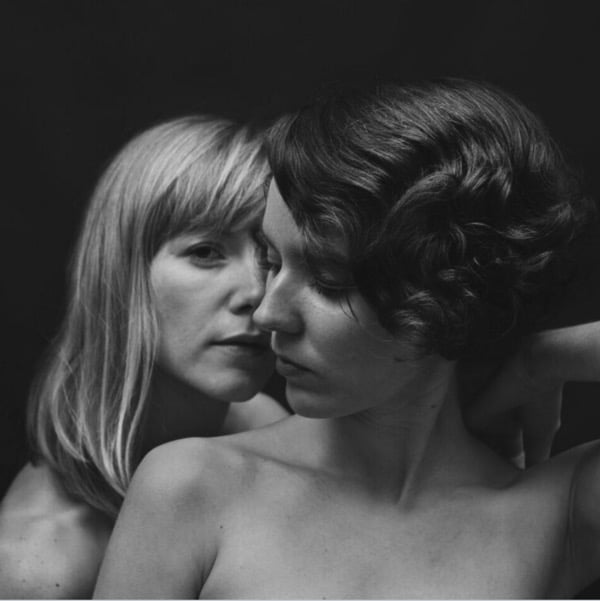
Best Musical Chemistry: My Bubba, Big, Bad, Good
This Scandinavian duo commands the stage like none other, bringing a hush over the crowd at Third Man Records’ Blue Room during AmericanaFest to deliver a bedtime lullaby. It’s not that these two dainty gals are screaming for attention; in fact, they barely speak much at all. But their music is lyrically striking — using what they call the “fragile challenge.” Baring it all in their lyrics and vocals, My Bubba puts their fragility on the line on Big, Bad, Good, and it works. Their blend of old country, blues, and bluegrass is particularly entrancing because the production makes it feel like they are singing directly to you. They’ve mastered the use of silences through their use of minimal instrumentation and two seraphic voices in harmony. — JW

Best Way to Soundtrack an Apocalypse: Parker Millsap, The Very Last Day
We didn’t know what a doozie of a year 2016 would be in virtually all categories when Parker Millsap delivered his outstanding, 11-song sophomore release The Very Last Day in March, but it’s safe to say that the 23-year-old’s marrying of complex characters with dark narratives and whooping, guttural twang made the idea of a modern doomsday a hell of a lot more artful. Album standout “Heaven Sent” details the plight of a young gay man coming out to an evangelical father, while Millsap’s take on the African-American spiritual “You Gotta Move” employs his howling vocals over sparse instrumentals to transform the song’s message from one of Godly comfort to one of a creeping, inevitable descent. For an album crafted around the end of days, The Very Last Day is a good indicator that this promising young voice is only just revving up. — DO
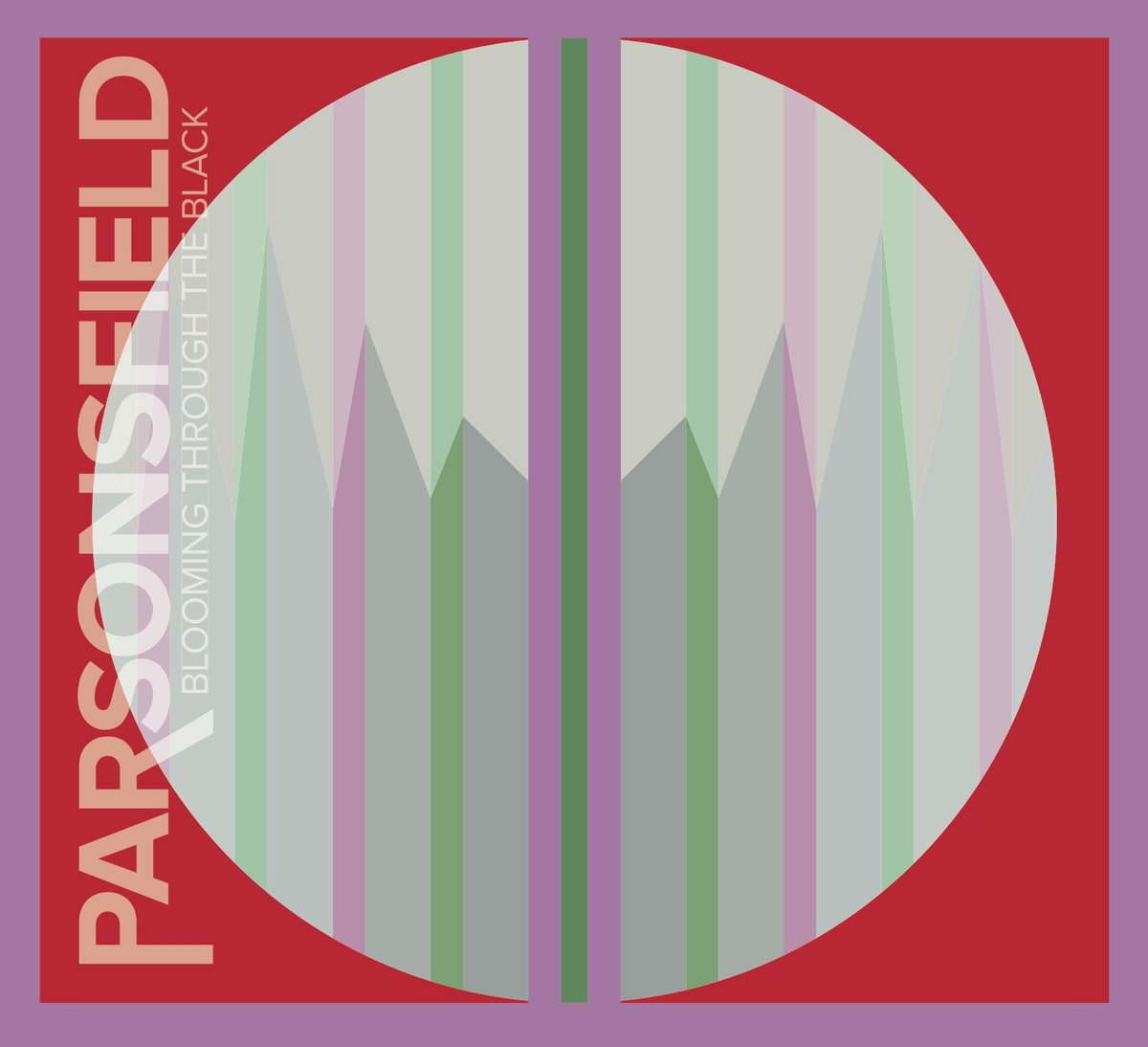
Most Likely to Score a Critically Acclaimed Indie Movie: Parsonsfield, Blooming through the Black
Before Massachusetts five-piece Parsonsfield sat down to create September’s Blooming through the Black, they spent a year playing the same music hundreds of times for a theatre production — a practice that reveals itself on the record in tight harmonies and a knack for the understated. Soft vocals and minimal accompaniment on “Don’t Get Excited” underscore a message of simplicity and minimalism. “Hot Air Balloon” simulates the airy, floating sound of its title, sounding like the zoom-out scene of long-fought romantic tale. None of these are songs that sound the same, though, with upbeat numbers like the title track showing off the band’s range and pointing to their capability for a barn-burning live show. — DO
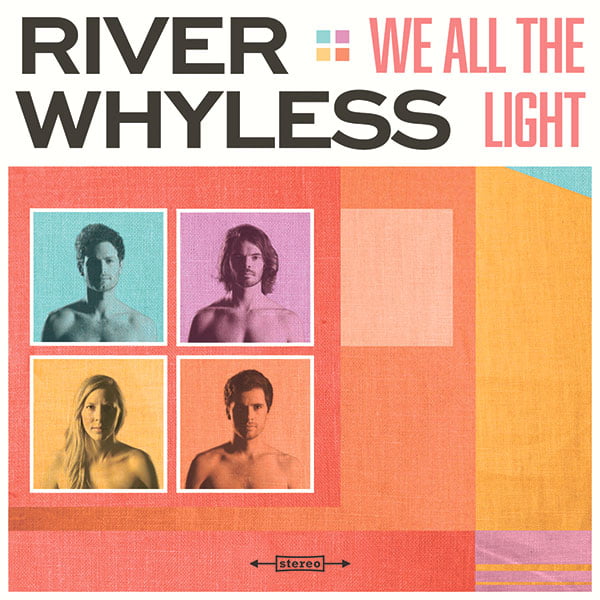
Best Multi-National Incorporation: River Whyless, We All the Light
Opening with an unplugged vocal harmony that quickly layers African-influenced percussion, We All the Light quickly moves from American to World Folk. Not only is the album an upbeat, string-heavy, shimmering beacon of hope musically, but it also boasts lyrics that everyone in the midst of post-election fallout should soak in. As member Daniel Shearin put it, “We are all the light and are trying really hard to put that idea into practice, seeing everybody as equal and being as inclusive as you can.” It’s nice to remember we’re all in this big world together, and River Whyless reaffirms that message, filtered through a world lens. — JW
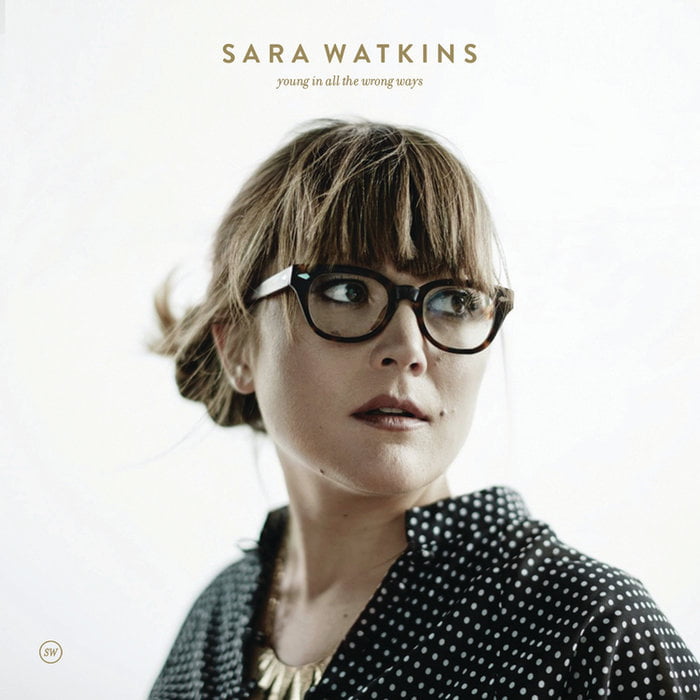
Most Likely to Go Electric: Sara Watkins, Young in All the Wrong Ways
From the opening strains of the title track, Young in All the Wrong Ways delivers on its promise that Sara Watkins is all grown up, personally and professionally. She also has something to say. A few somethings, actually. With a stronger voice than we've heard from her, both metaphorically and otherwise, Watkins works through the 10-song cycle using that voice in ways alternately cutting and caring, fierce and fragile. Anyone who can listen to tunes like "Without a Word," "The Love That Got Away," and "Like New Year's Day" and yet be unswayed to fan-dom might need to have their pulse checked. This is simply a beautiful record from an ever-evolving, always exciting artist. — KMc
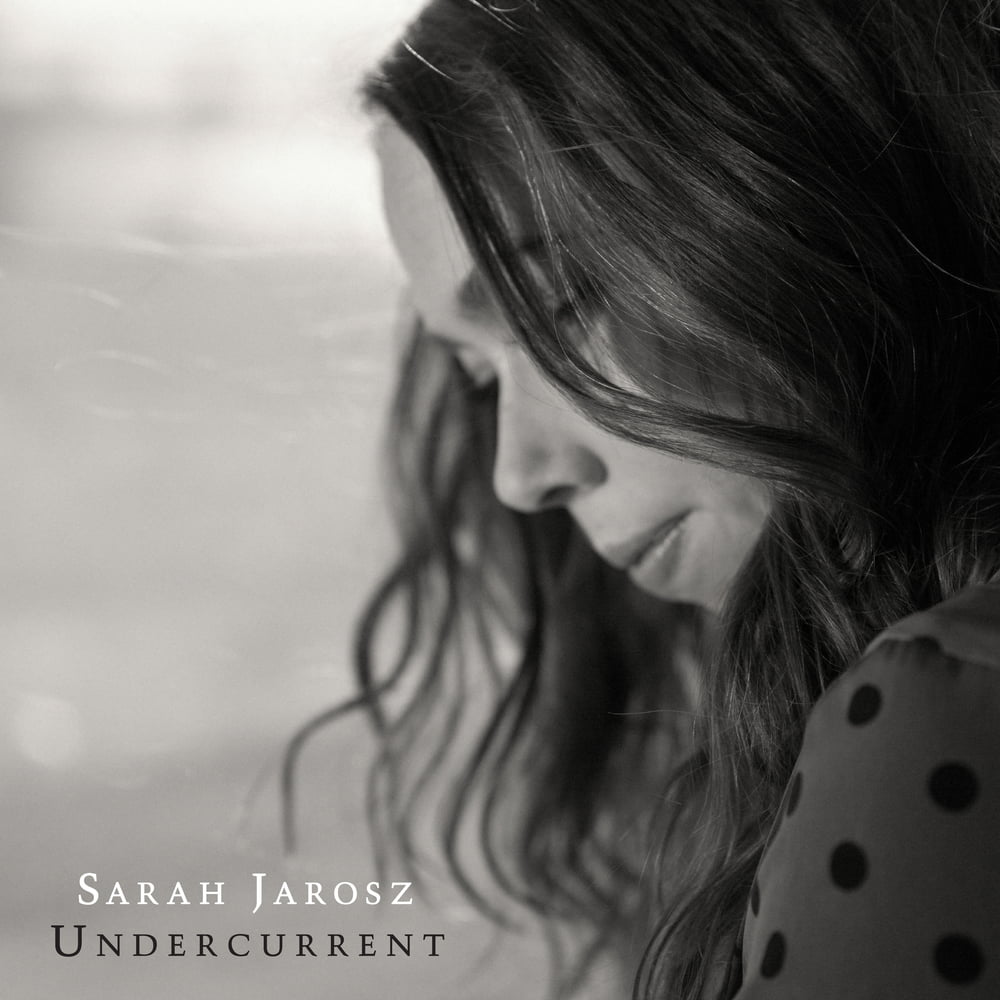
Most Likely To Sweep You Away: Sarah Jarosz, Undercurrent
Although Undercurrent is Sarah Jarosz’s fourth full-length, she’s described it as a record of firsts. It’s the first album the singer/songwriter/multi-instrumentalist has written while not simultaneously being in school. (She recently graduated with honors from the New England Conservatory of Music.) It’s the first record she’s released without any covers. And it’s her first release since moving to New York, whose surroundings heavily influenced this batch of songs. While the album is wrought with impressive features by the likes of Sara Watkins and Parker Millsap, it’s Jarosz’s smoky alto and ever-adept musicianship that make this record a standout. — DM

Most Likely to Move Your Heart and Hips: St. Paul and the Broken Bones, Sea of Noise
When St. Paul and the Broken Bones danced onto the scene with their 2014 debut Half the City, the band's vintage soul sound felt familiar yet groundbreaking. But as old-school influences become more common in today's up-and-coming performers, the band's sophomore effort called for a bit more depth — and Sea of Noise delivered. Songs like "Brain Matter" and "Waves" pay lyrical mind to violence and political unrest, while songs like "Flow with It (You Got Me Feelin' Like)" are an unmistakeable call to get on your feet and dance. Sea of Noise was just the right combination of body-moving soul goodness and heart-wrenching lyrical testament to elevate the already heavenly St. Paul and his Broken Bones to an even higher calling. — DO
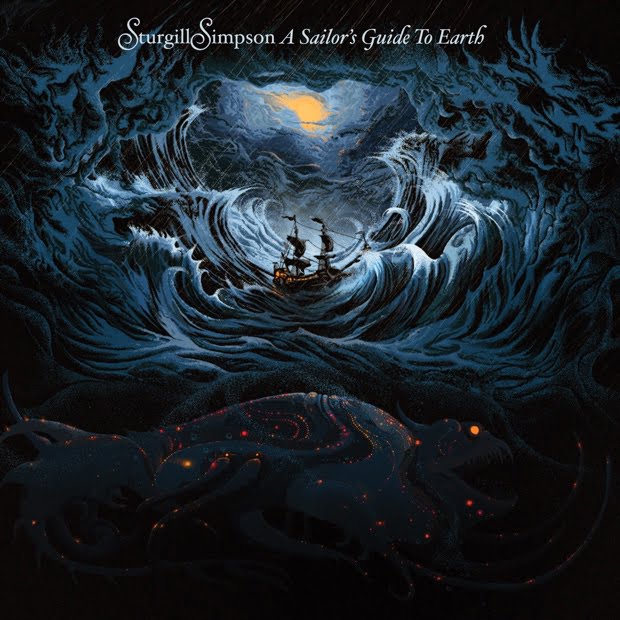
Best Compass for Those Adrift on Music Row: Sturgill Simpson, A Sailor's Guide to Earth
Sturgill Simpson said that his third LP, A Sailor's Guide to Earth, was a gift to his newborn son — an atlas, so to speak, to the world that lay before him. The gift to the rest of us is that Simpson's planet — built by string-scorching country, fiery soul, and perfectly swanky horns courtesy of the Dap-Kings — isn’t one that many of us are lucky enough to belong to. But like his breakthrough, Metamodern Sounds in Country Music, A Sailor's Guide is transformative: Anchored by an oceanic metaphor, it's at times outlaw funk ("Keep It Between the Lines," that's like Waylon Jennings waltzing into 1960s Detroit), sentimental doo-wop ("All Around You"), and balls-to-the-wall bliss ("Call to Arms"). If everyone in Nashville navigated like Simpson, we'd be dealing in tempests, not truck songs. — MM
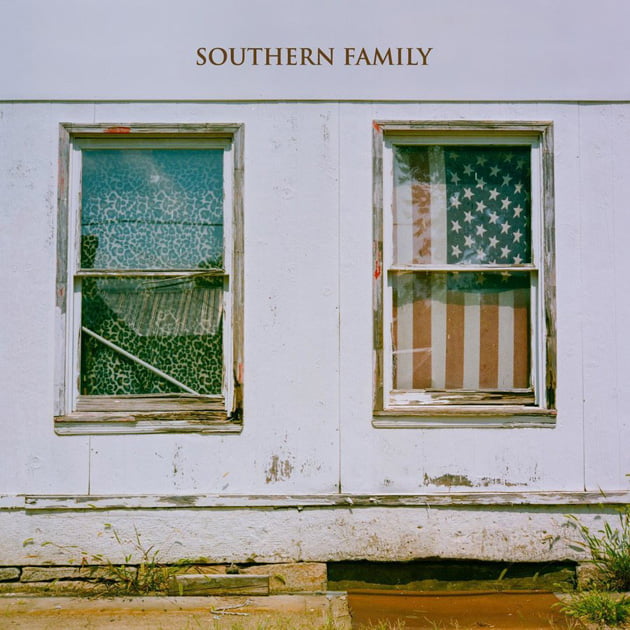
Best Album to Distract Your Own Dysfunctional Southern Family from Talking About the Election During the Holidays: Various Artists, Southern Family
It says a lot about producer Dave Cobb — the Americana super-producer responsible from major releases from Jason Isbell, Chris Stapleton, and more — that he was able to release Southern Family under his own name (or, technically, as "Various Artists"). Recruiting a who's-who of critically acclaimed country and roots musicians ain't easy, and getting that bunch to fork over great songs for someone else's album is damn near impossible. And, man, are these songs great. Morgane Stapleton's Chris-assisted "You Are My Sunshine" shows that her husband isn't the only one around the house with some serious pipes. Anderson East's "Learning" is one of his best tracks to date. Brandy Clark's "I Cried" is a straight-up stunner. If there are any lame ducks, it's Zac Brown's contribution "Grandma's Garden"; but, hey, with competition from Jason Isbell, Miranda Lambert, and Brent Cobb, the deck wasn't stacked in Brown's favor. — BMc
Photo credit: j.o.h.n. walker via Foter.com / CC BY
Hey, CMA Awards, Your Roots Are Showing
The election may currently loom large over America like a toupée-shaped storm cloud, but yesterday, there was one rumor floating around that managed to cut through the noise: Beyoncé might perform at the CMA Awards. Speculation swirled around Nashville and online before it was officially announced late Wednesday afternoon that Queen Bey would, in fact, make an appearance, though details leading up to the show were limited. It was a curious phenomenon, as the bulk of the chatter surrounding “Country Music’s Biggest Night” (ABC’s words, not ours) surrounded an artist outside the genre. In many ways, though, it was a harbinger of what the rest of the evening would bring.
Broadcast live from Nashville’s Bridgestone Arena, the CMA Awards are part awards show, part concert, part ABC product-placement opportunity, helmed since 2008 by country stars Brad Paisley and Carrie Underwood. This year was a special one, as the show celebrated its 50th anniversary and grappled, on stage, with the stark contrast between what 1967’s country, which honored Eddy Arnold with the first-ever Entertainer of the Year trophy, and that of today (Luke Bryan took home that same award last year) look like. The show opened with a medley of classic country songs performed by the genre’s patriarchs and matriarchs: Vince Gill honored Merle Haggard’s “Mama Tried”; Roy Clark and Brad Paisley paid tribute to Buck Owens with "I've Got a Tiger by the Tail."
Many of the other artists involved — including Reba, Charlie Daniels, and Dwight Yoakam — performed their own songs. As iconic artists sang tributes to themselves, you had to wonder: Are there not current artists suited to paying tribute? And while, yes, there are — two notable CMA snubs, Margo Price and Brandy Clark, come to mind — the medley opened the show on a dissonant note. Today’s commercial country is not the country of Hank Williams or Merle Haggard. It's the country of Luke Bryan, whose teeth far outshine his mediocre vocals, and of Florida Georgia Line, a wildly popular duo who, while certainly writing some catchy songs, are more in line with Top 40 than anything with a real twang.
Many of the evening's low points, like an entirely forgettable performance from Bryan of "Move," came from the new guard. Of course, there are still plenty of up-and-comers keeping the genre vital. Maren Morris, who rightfully won New Artist of the Year, delivered one of the best performances of the evening when she brought out the McCrary Sisters and the Preservation Hall Jazz Band for a show-stopping take on "My Church." It was also a crossover moment that would fall in line with some of the show's other standout performances.
And it wouldn’t be the CMA Awards without a true pop/country crossover performance, the best of which (like last year’s from Chris Stapleton and Justin Timberlake) make up for those that just feel forced. (I know Pentatonix recorded “Jolene” with Dolly Parton, but come on, is that really the best you can do, CMA?) Last night, however, we saw a performance — made all the more urgent by both the day’s rumor mill and the show’s constant promotion of it — that felt less like a crossover and more like the coming together of two kindred artistic spirits: Beyoncé and the Dixie Chicks teaming up for the Lemonade track “Daddy Lessons.”
While it may sound like an unusual pairing on paper, the Dixie Chicks performed the rootsy Beyoncé number, which has been at the center of a debate about what songs can and cannot be called “country,” on their DCX MMXVI world tour this year. More importantly, however, it IS a country song. While Twitter may have been ablaze with cries of, “That’s not country,” you’d be remiss not to consider country’s black roots which run very, very deep. It’s no surprise, then, that the performance, which included a brief interlude of the Chicks’ version of Darrell Scott’s "Long Time Gone,” felt natural, important, and necessary.
And that’s where this show had its moments that truly shone: when country got to show its roots. Another standout moment occurred when Eric Church brought Rhiannon Giddens on stage to perform "Kill a Word," an anti-hate anthem off his Album of the Year-winning 2015 release Mr. Misunderstood. Paired with Dwight Yoakam and Chris Stapleton's joint tribute to Ray Charles, one had to wonder if CMA was hoping to get a little of Americana's Midas touch for themselves.
All three of those performances, while honoring the genre's roots, also celebrated, some subtly and some not-so, diversity and inclusion. (Although it should be noted that, while both Yoakam and Stapleton are fantastic singers, it would have been nice to have an artist of color honoring Charles.) Tim McGraw's performance of "Humble and Kind," a Lori McKenna-penned tune that earned her a Song of the Year win, was a nice moment celebrating love in all its shapes and shades, one that felt all the more poignant in this last week of a particularly hateful election season. The show's presentation of Dolly Parton with the Willie Nelson Lifetime Achievement Award featured a who's-who of women in country, all coming together to honor an artist who embodies the spirit of kindness and inclusion better than perhaps anyone else.
Given the common threads running through the night's high points, it's fitting that Garth Brooks took home the night’s biggest honor, Entertainer of the Year. Over the course of his unprecedented career, he's carved out a space for himself that makes room for country traditions, modern pop sensibilities, and, perhaps most strikingly, unabashed progressivism. (You'll remember Brooks won a GLAAD Award way back in 1993 for his way-ahead-of-its-time-for-a-country-song tune "We Shall Be Free.") While some might consider his success to be in spite of that unique position, it’s more likely because of it. And this year’s CMA Awards show, in its best moments, seemed to be following his lead.
